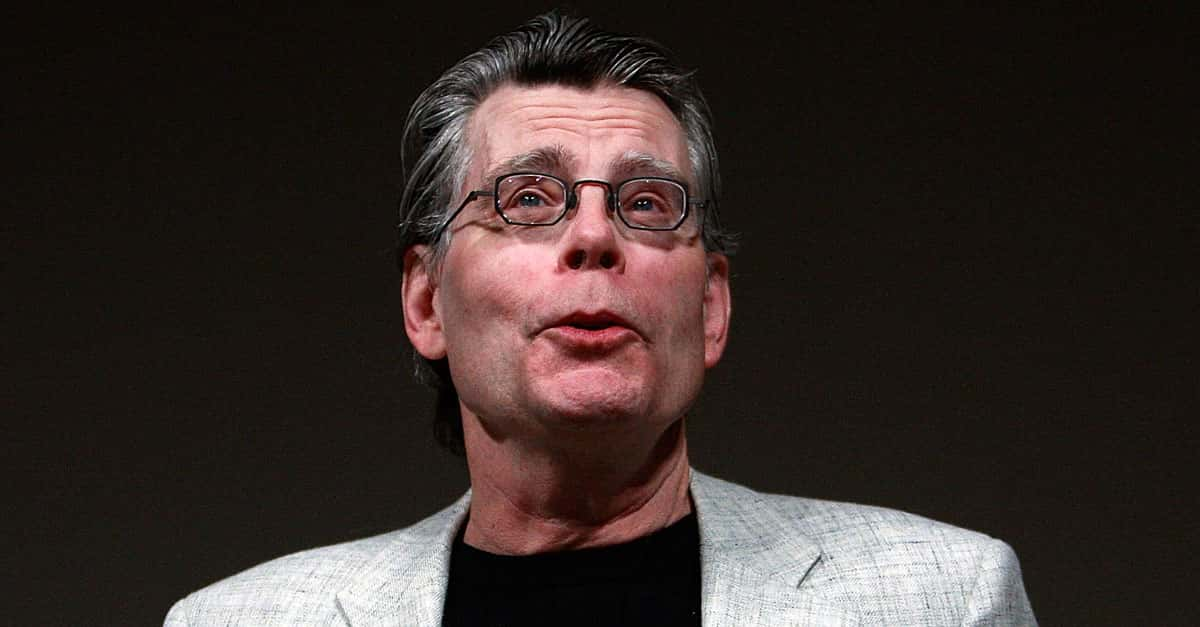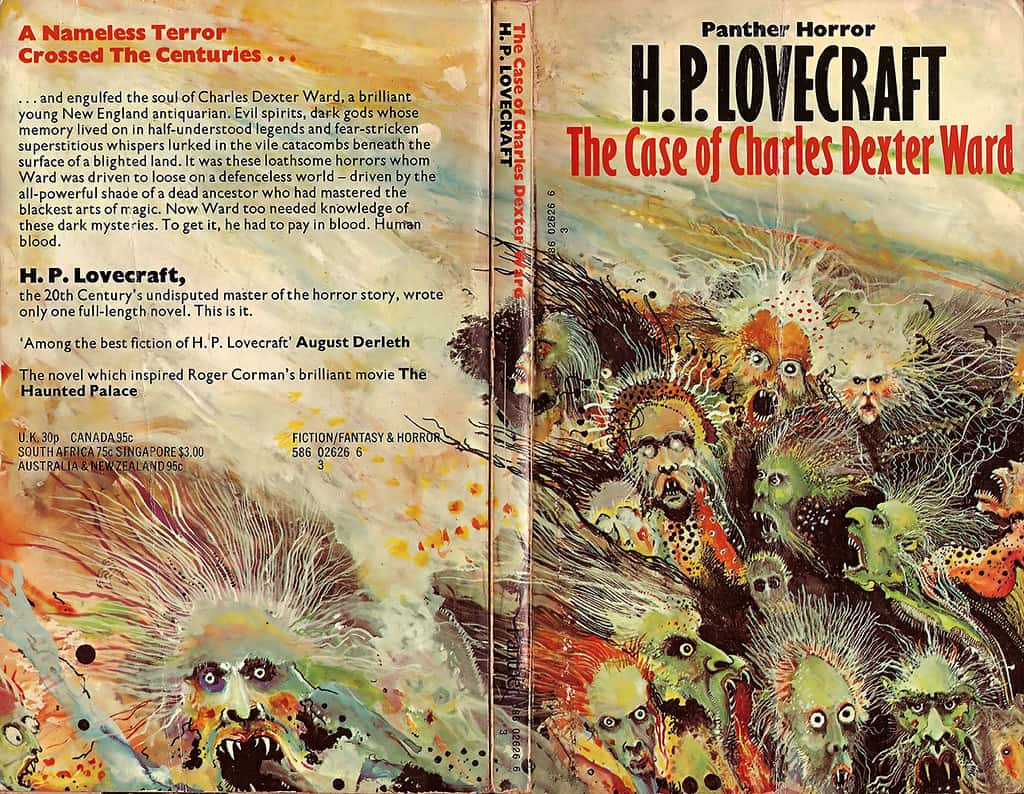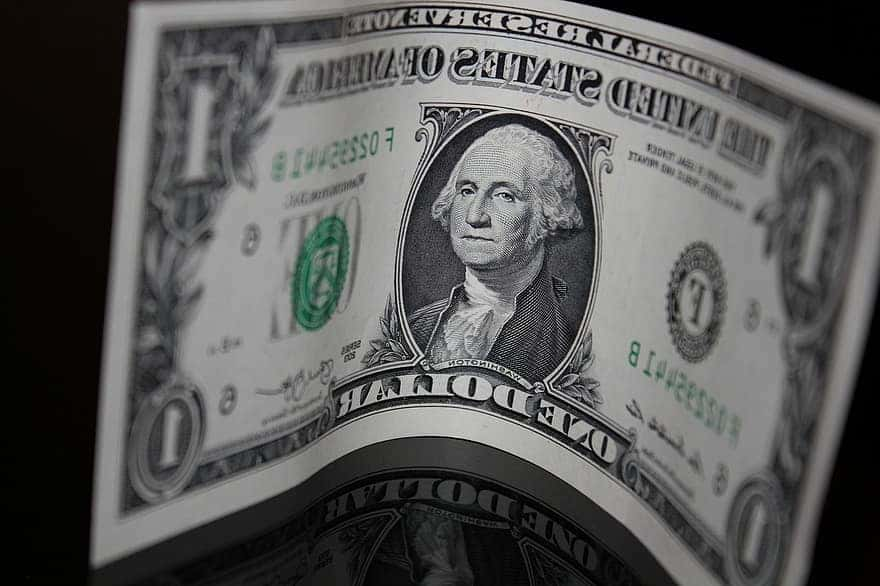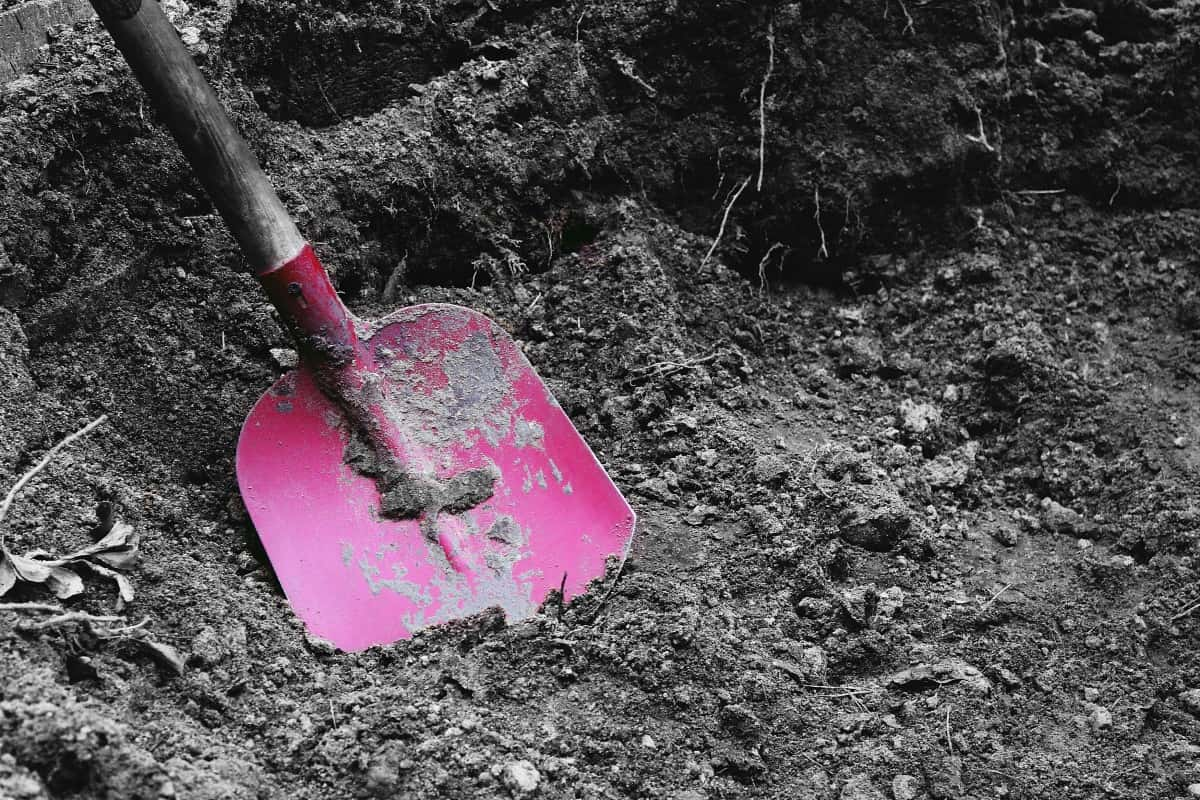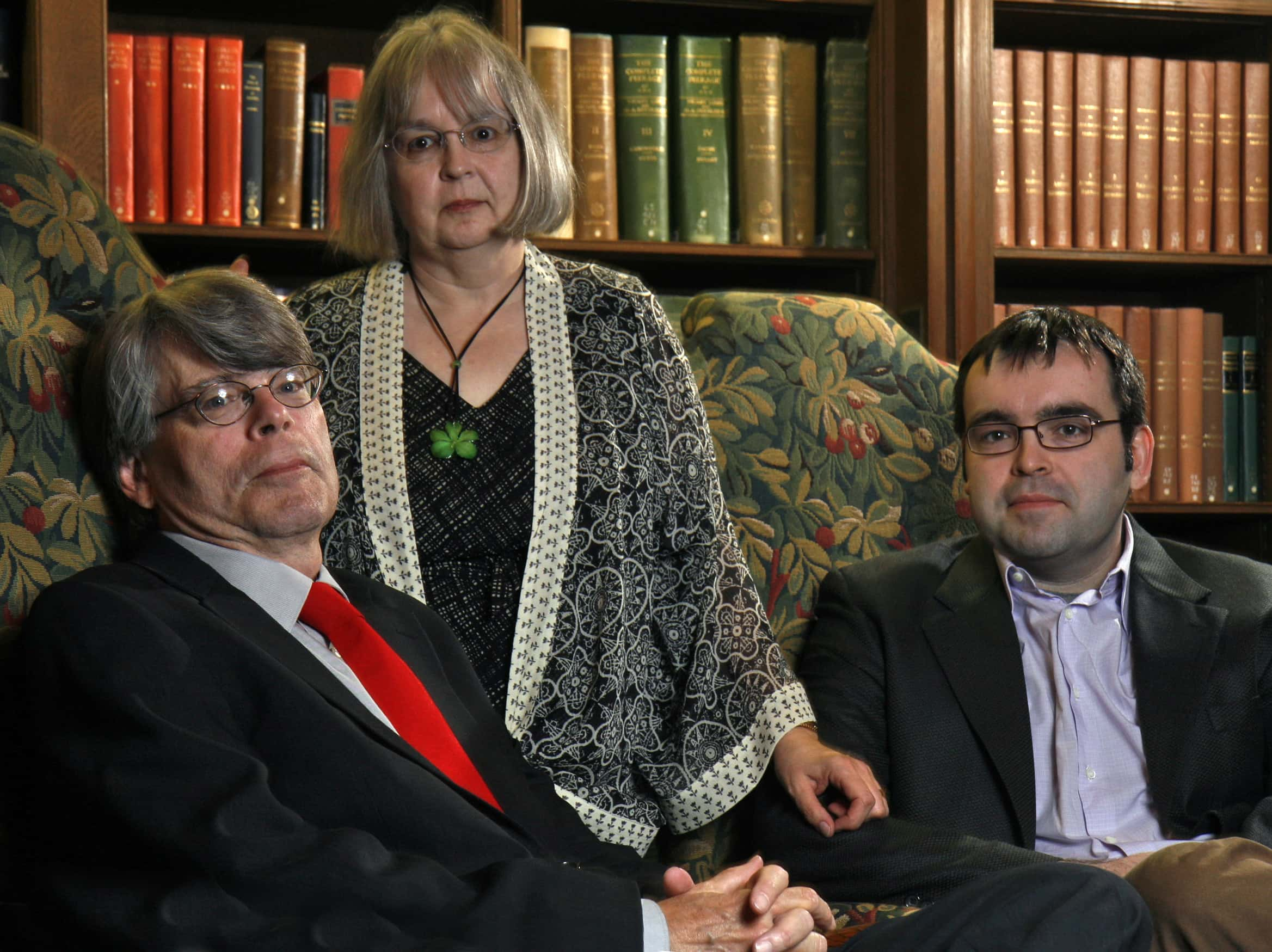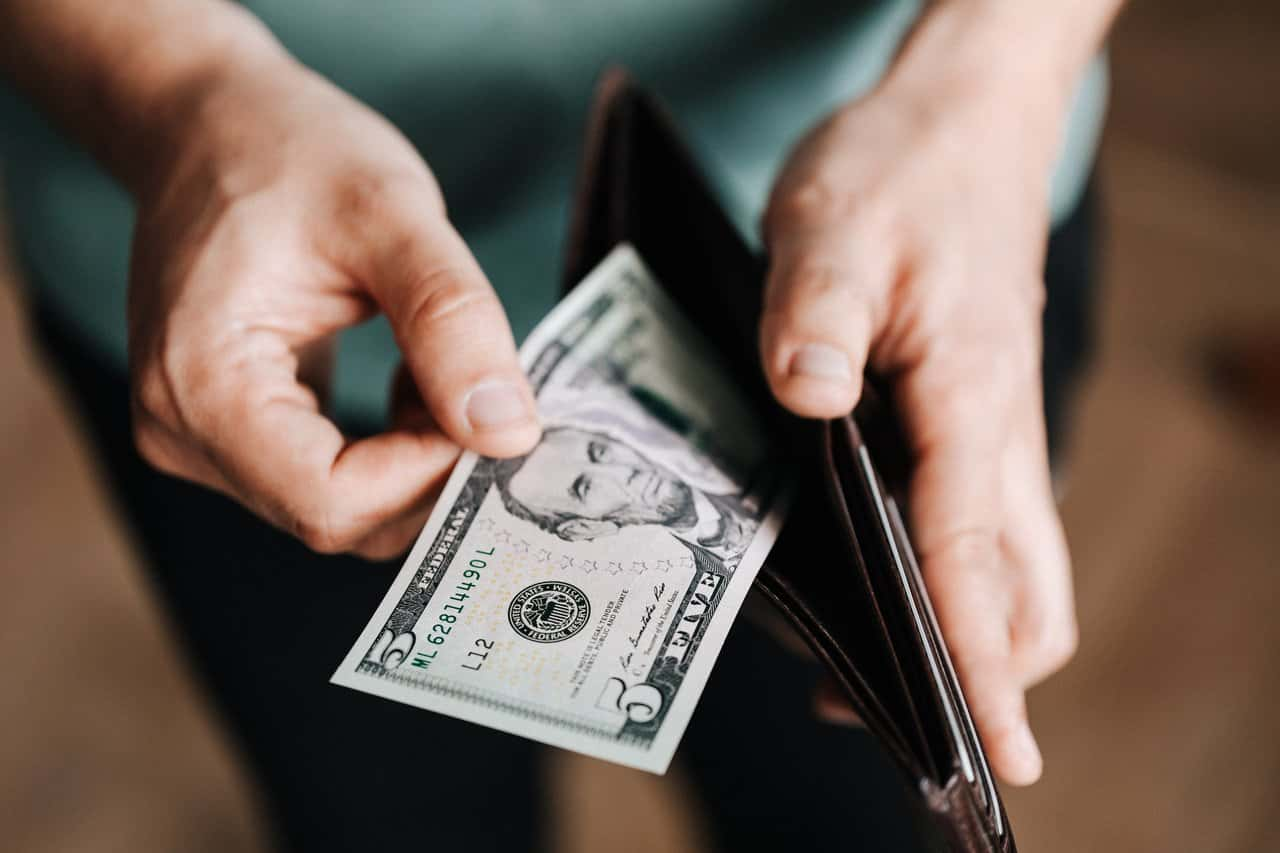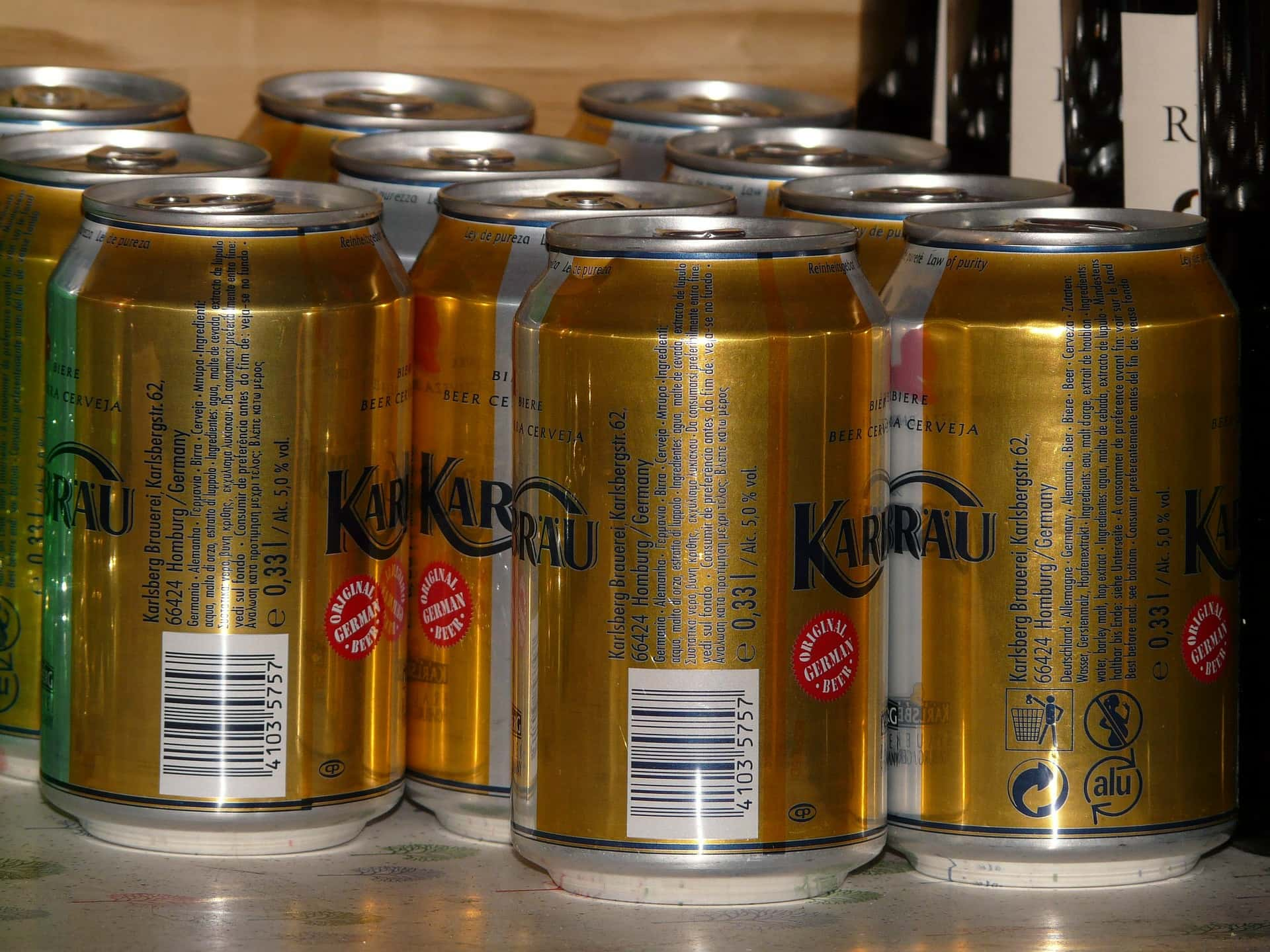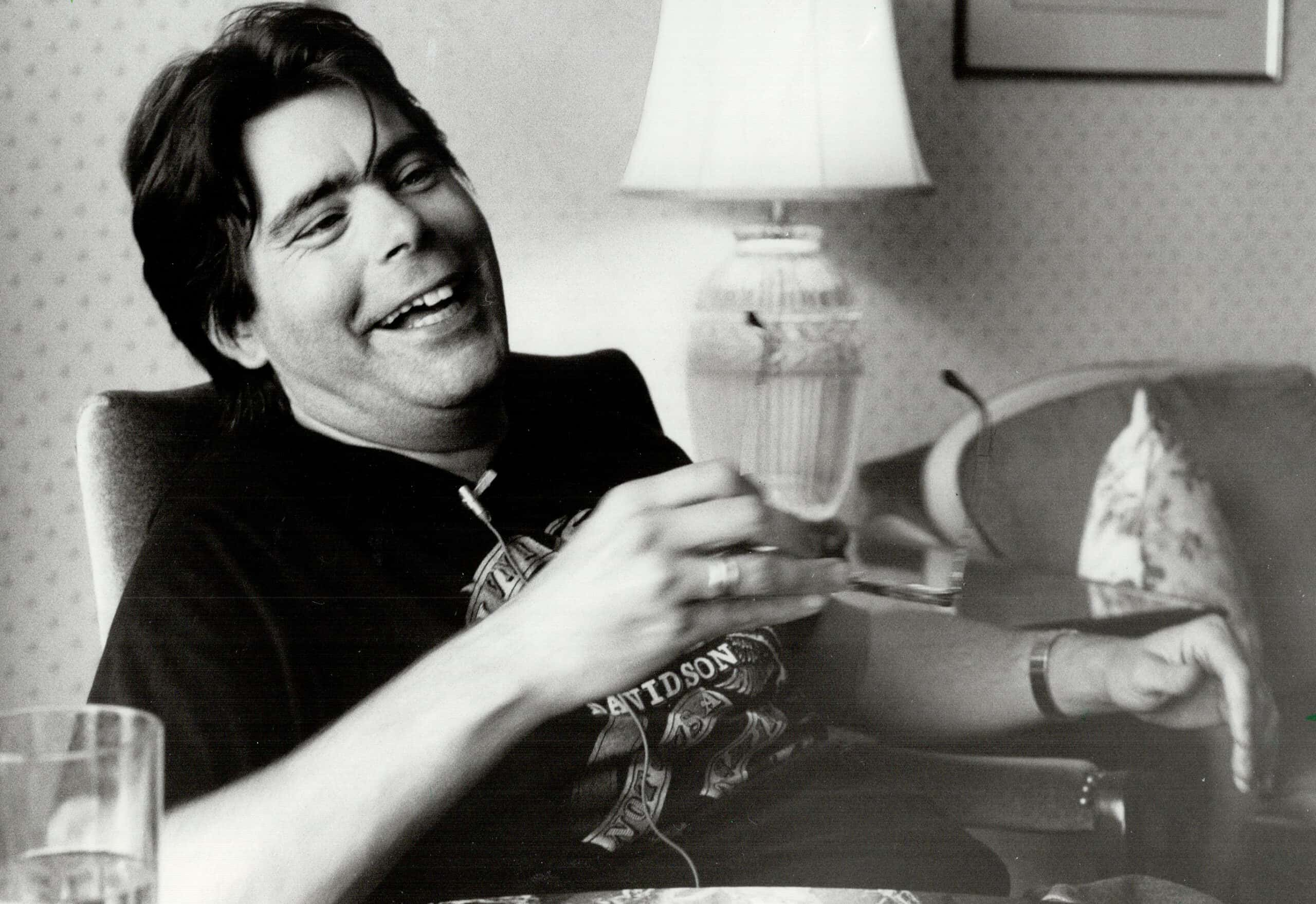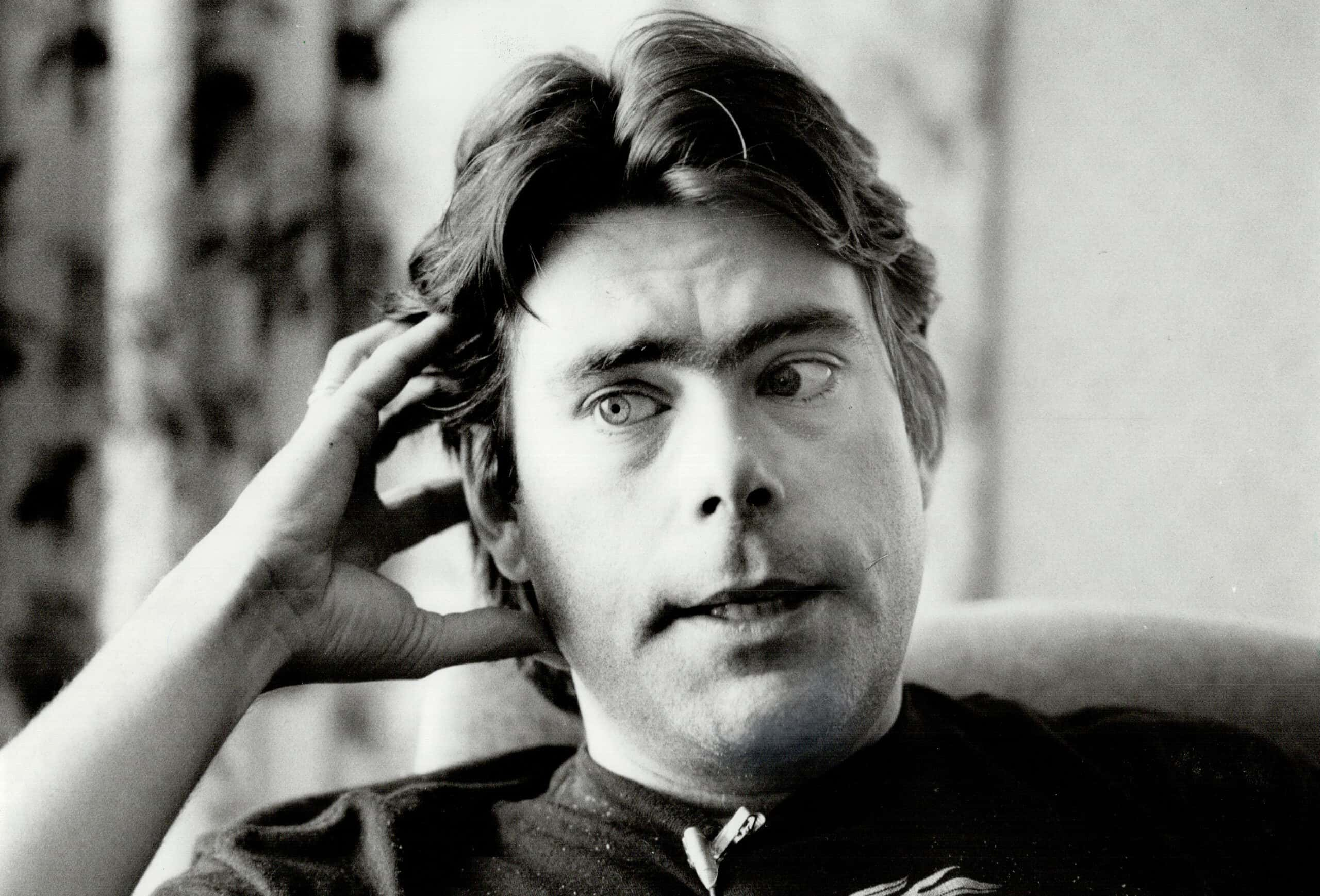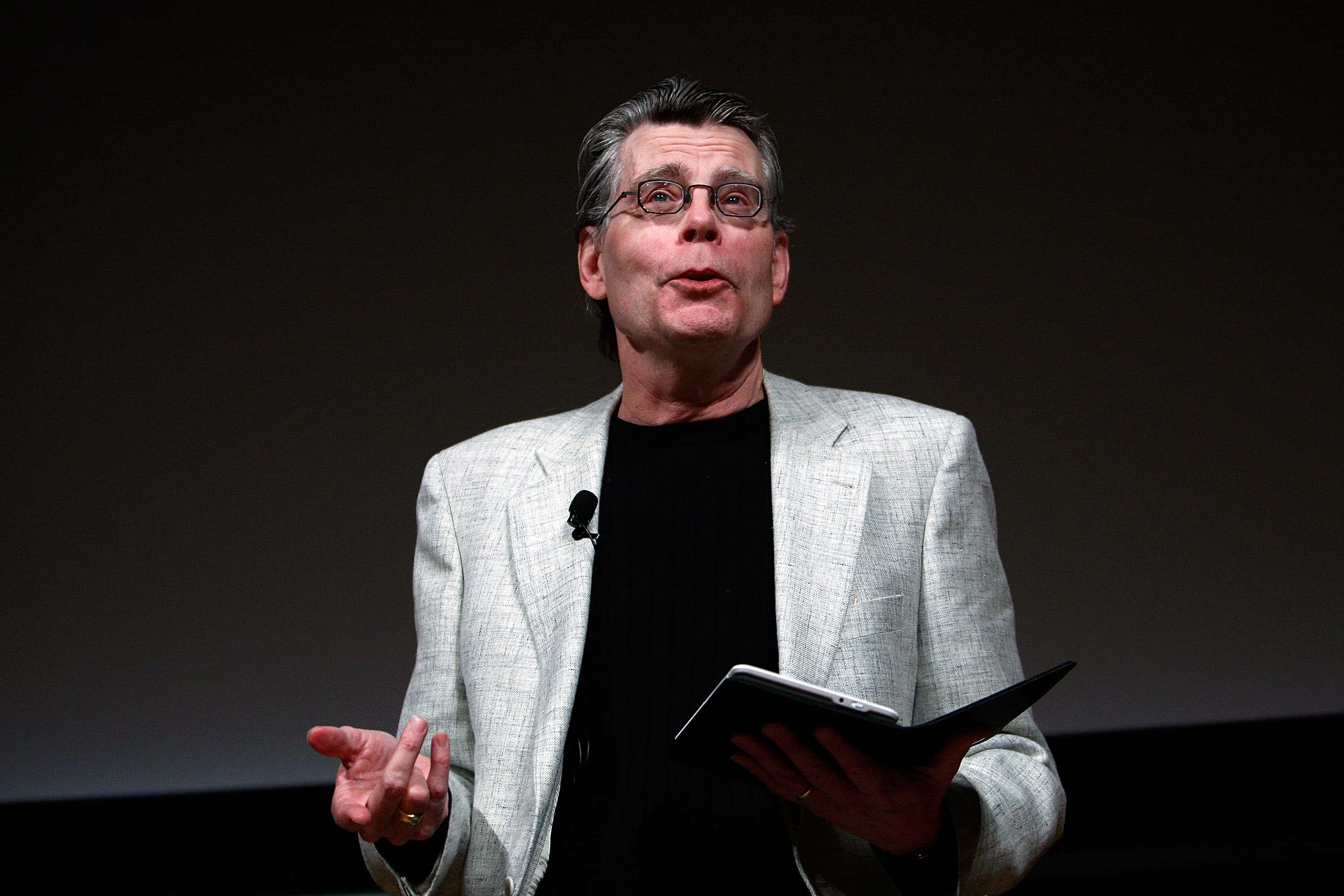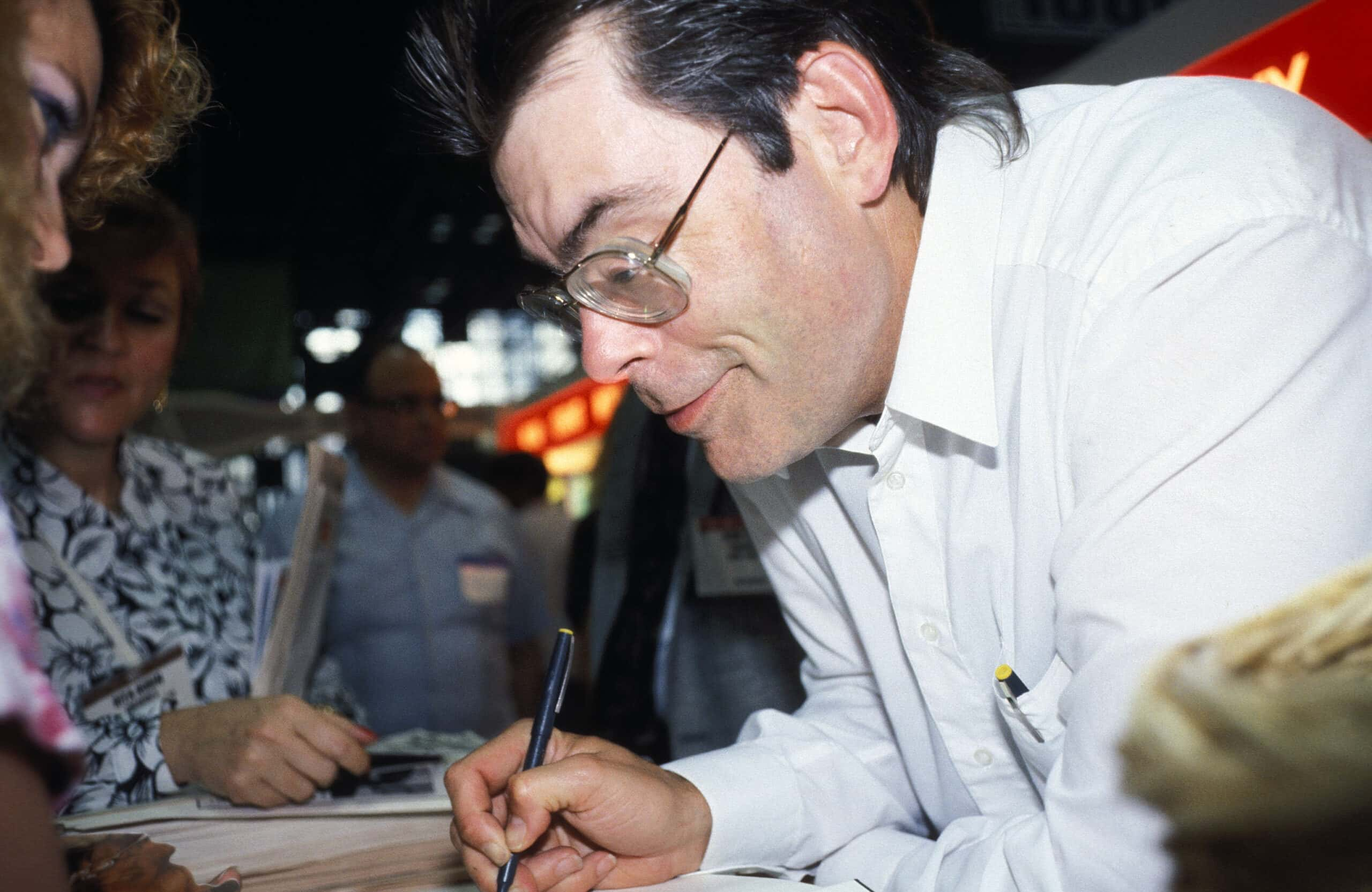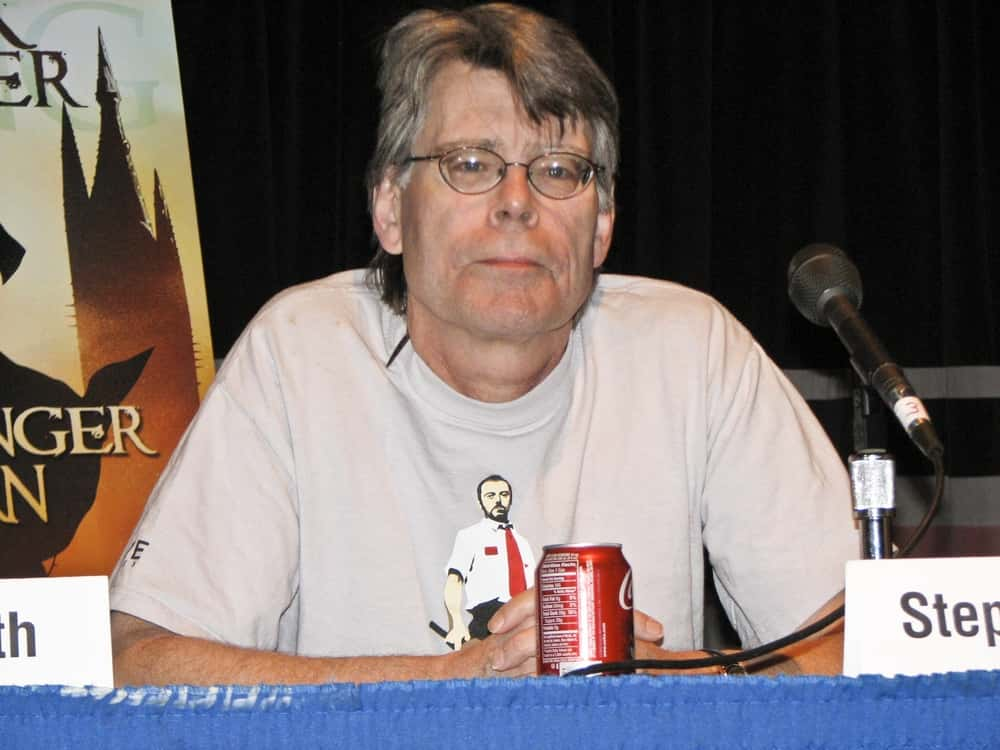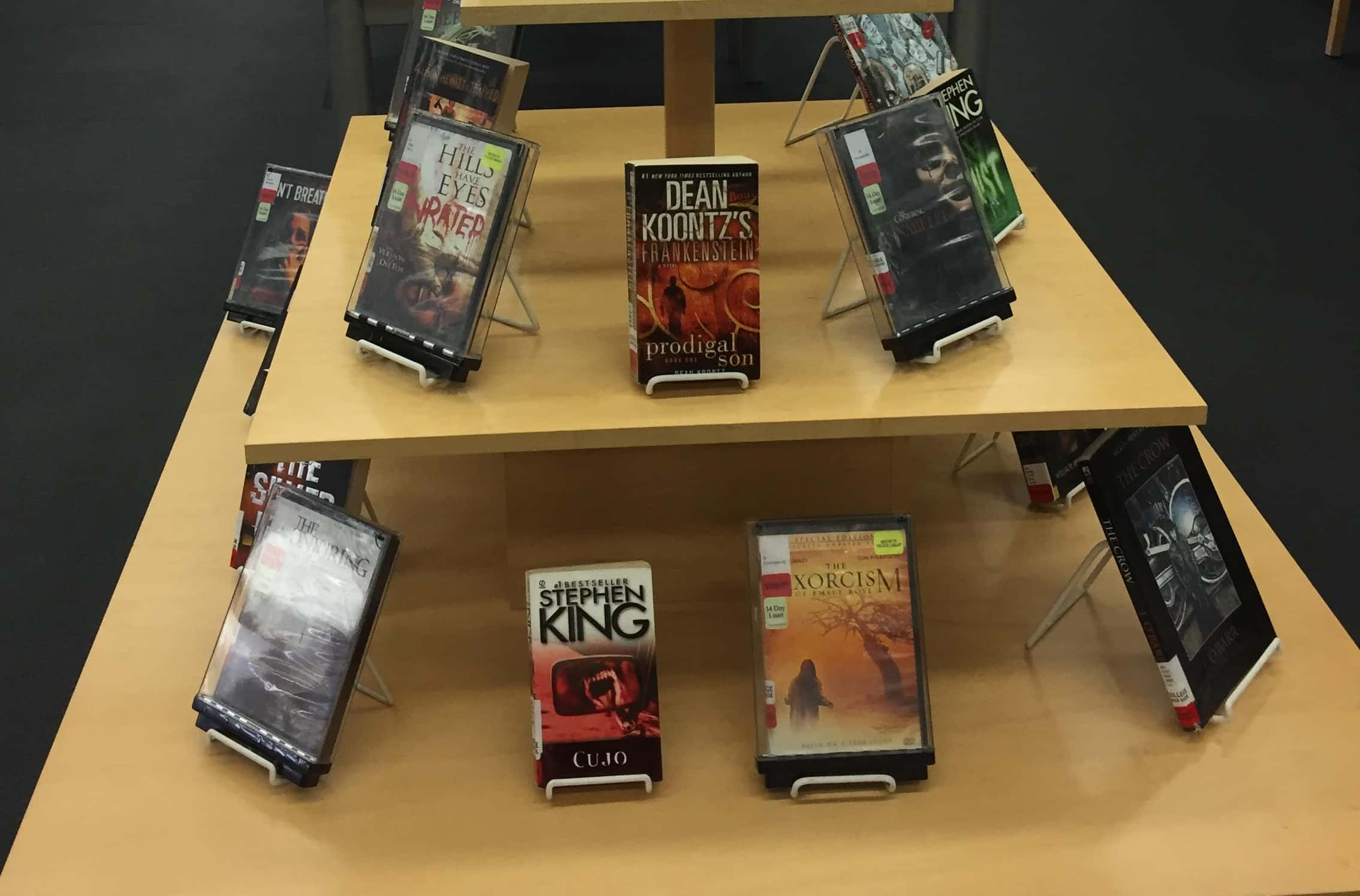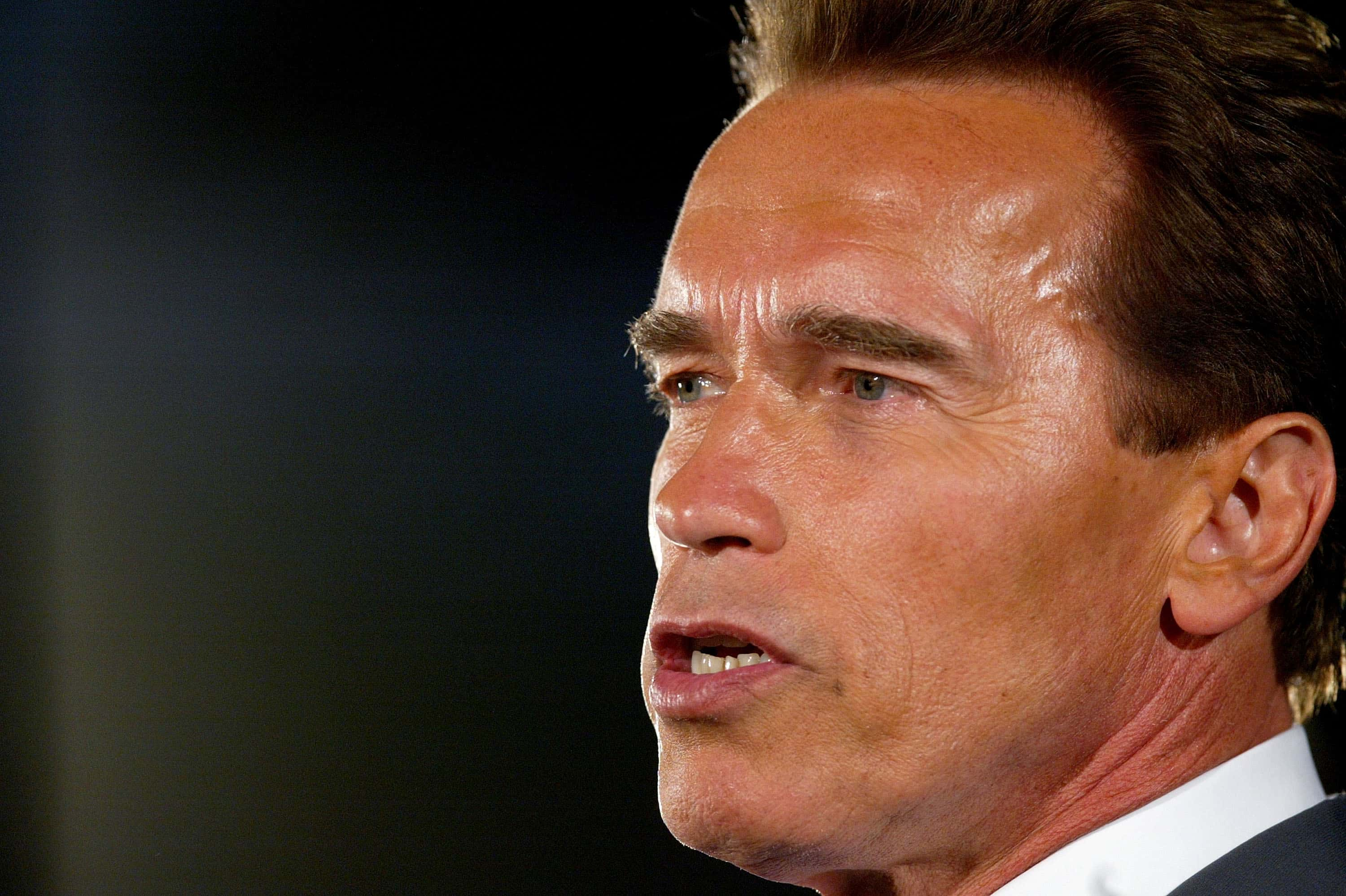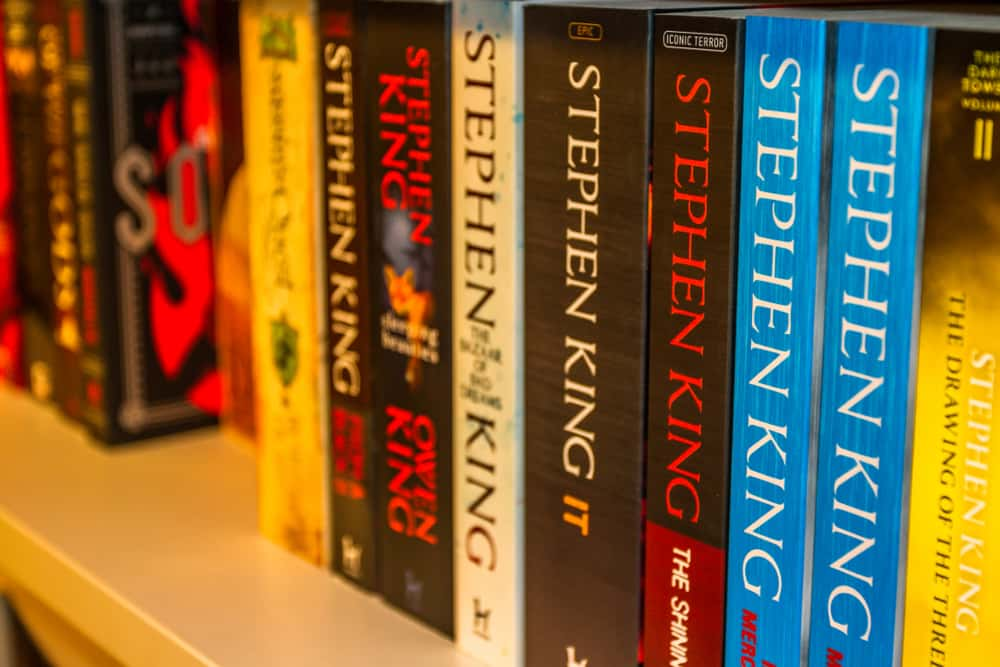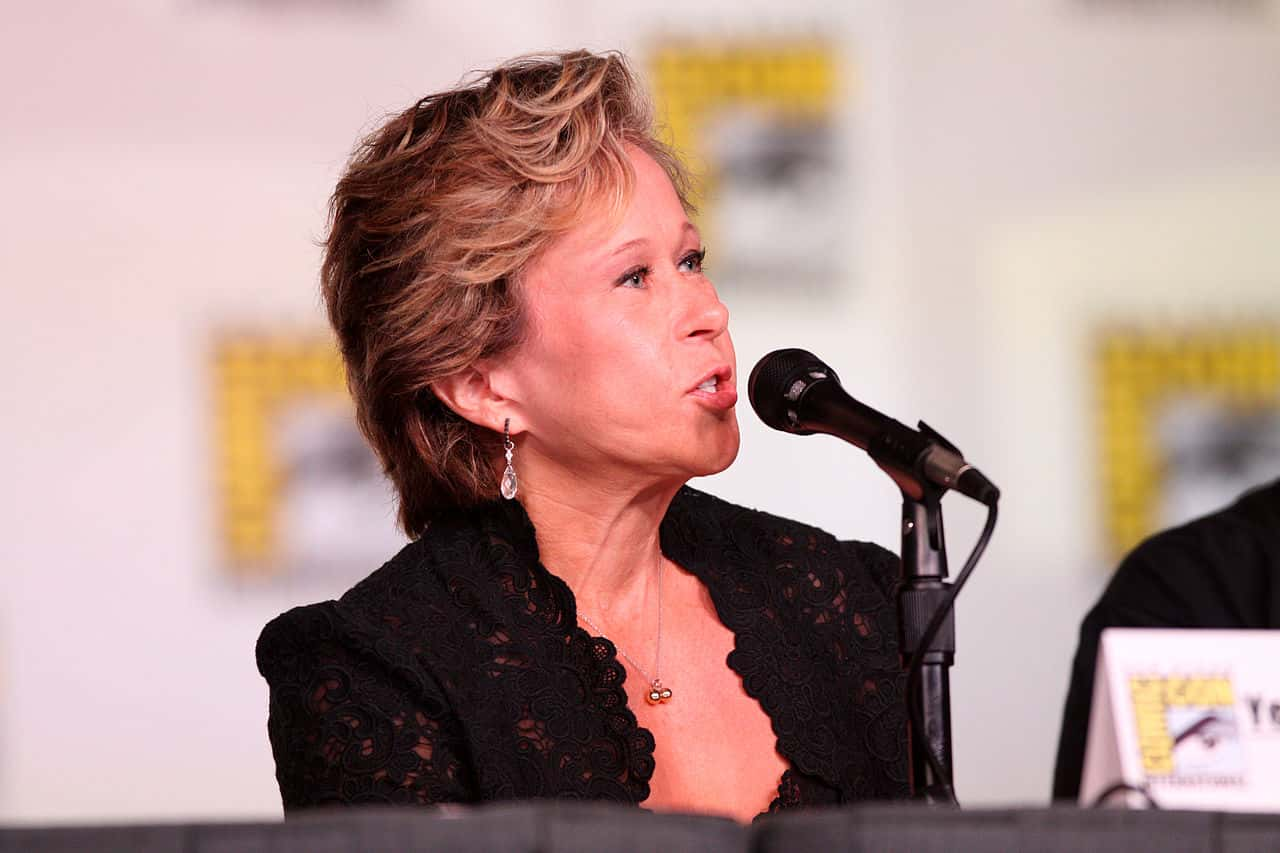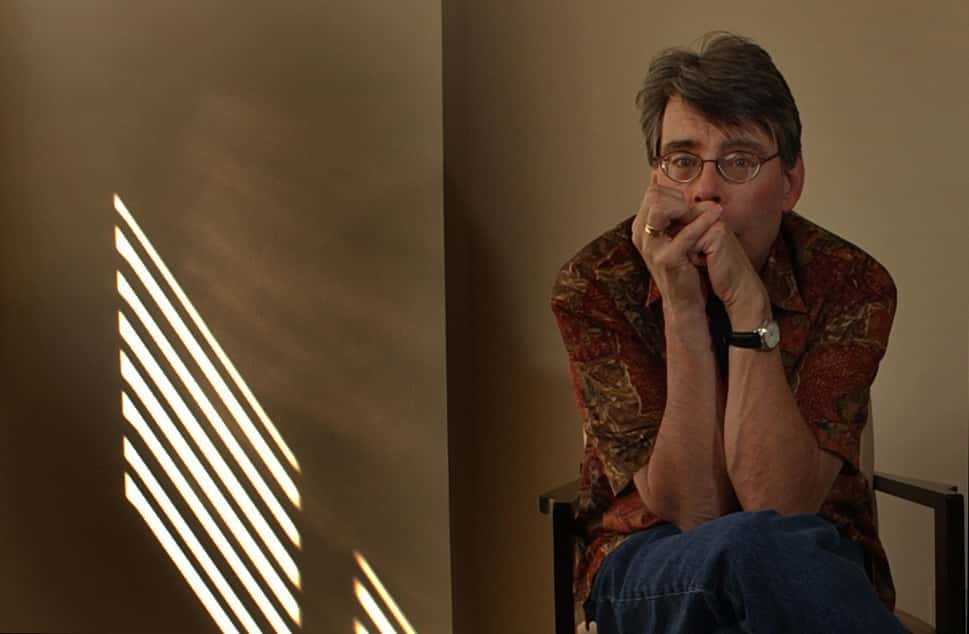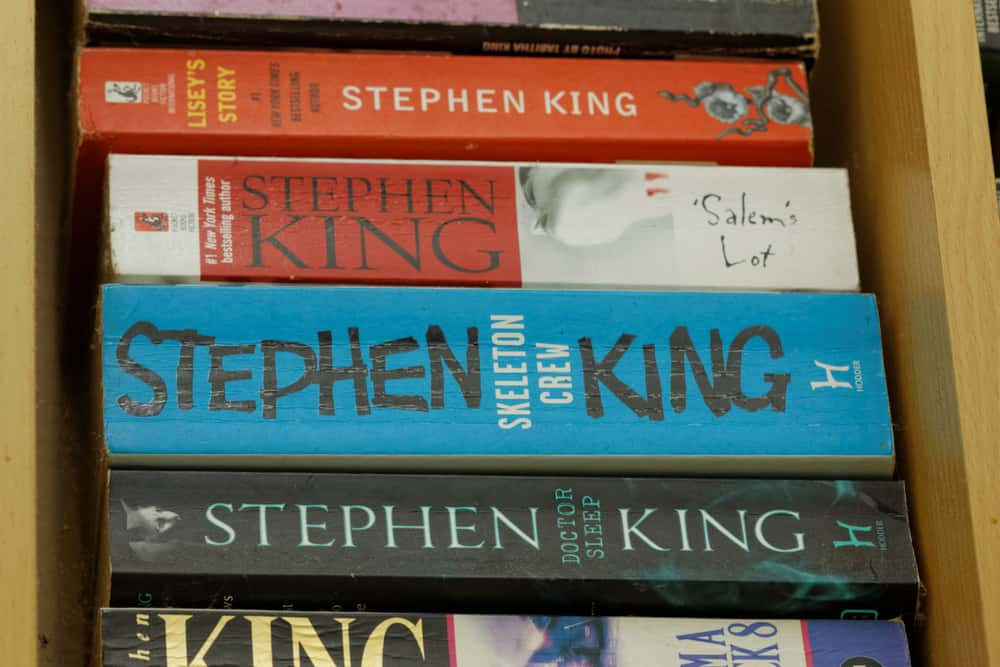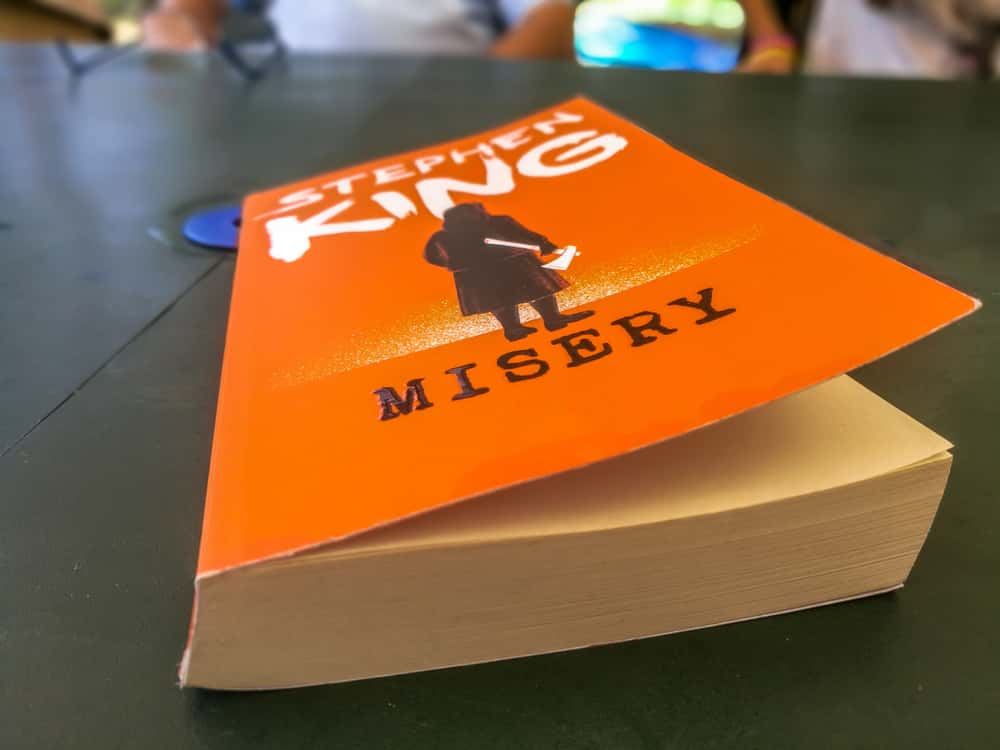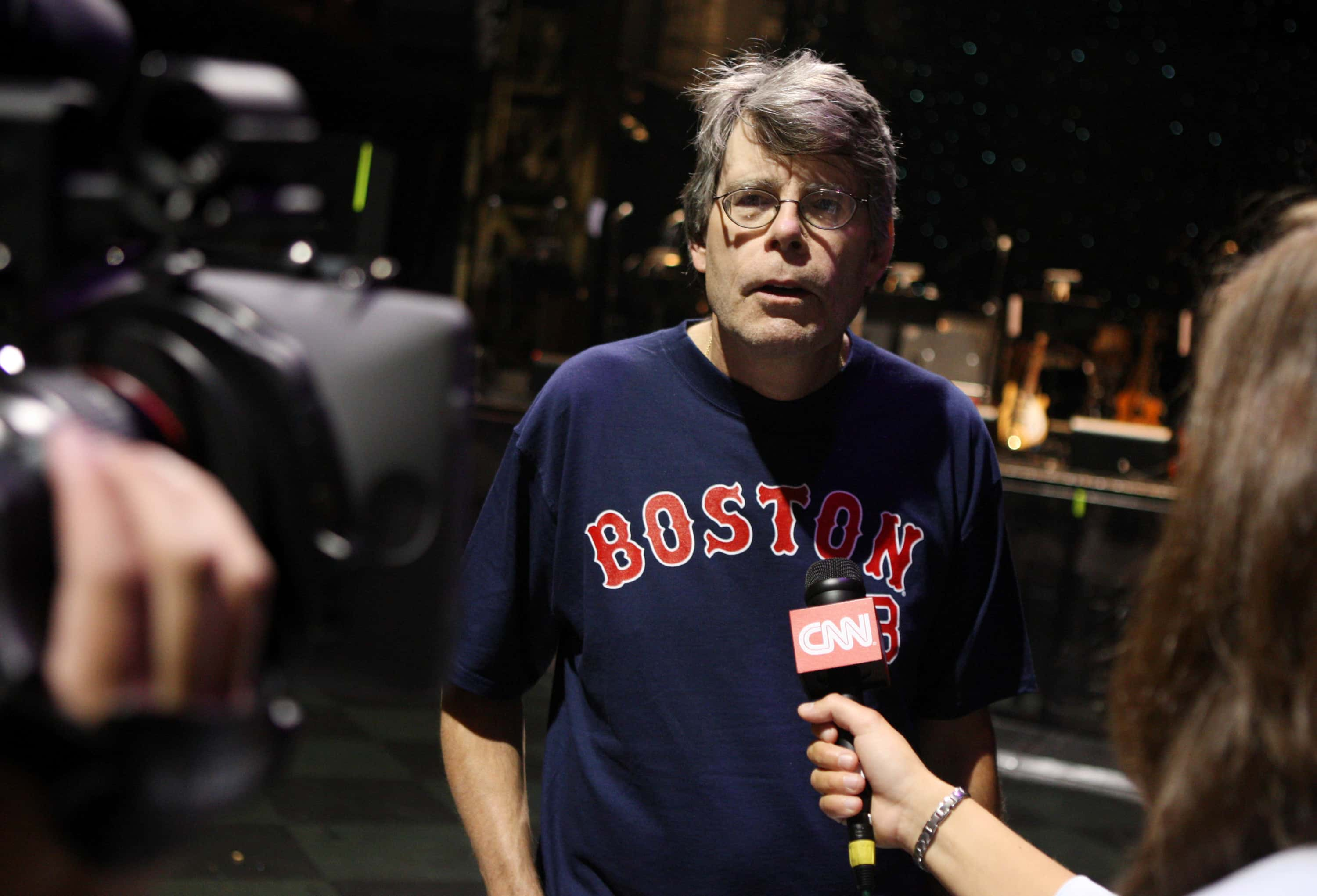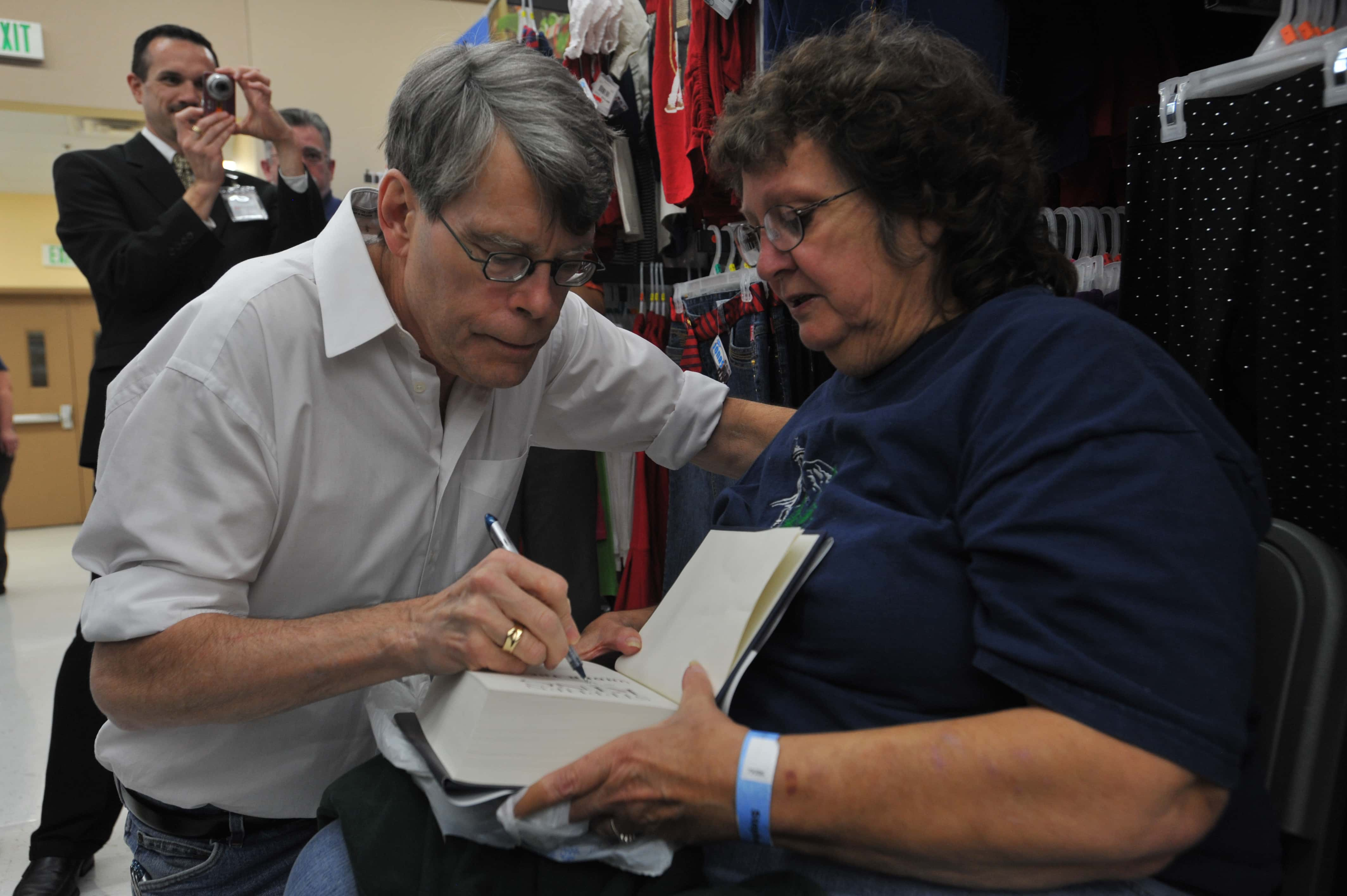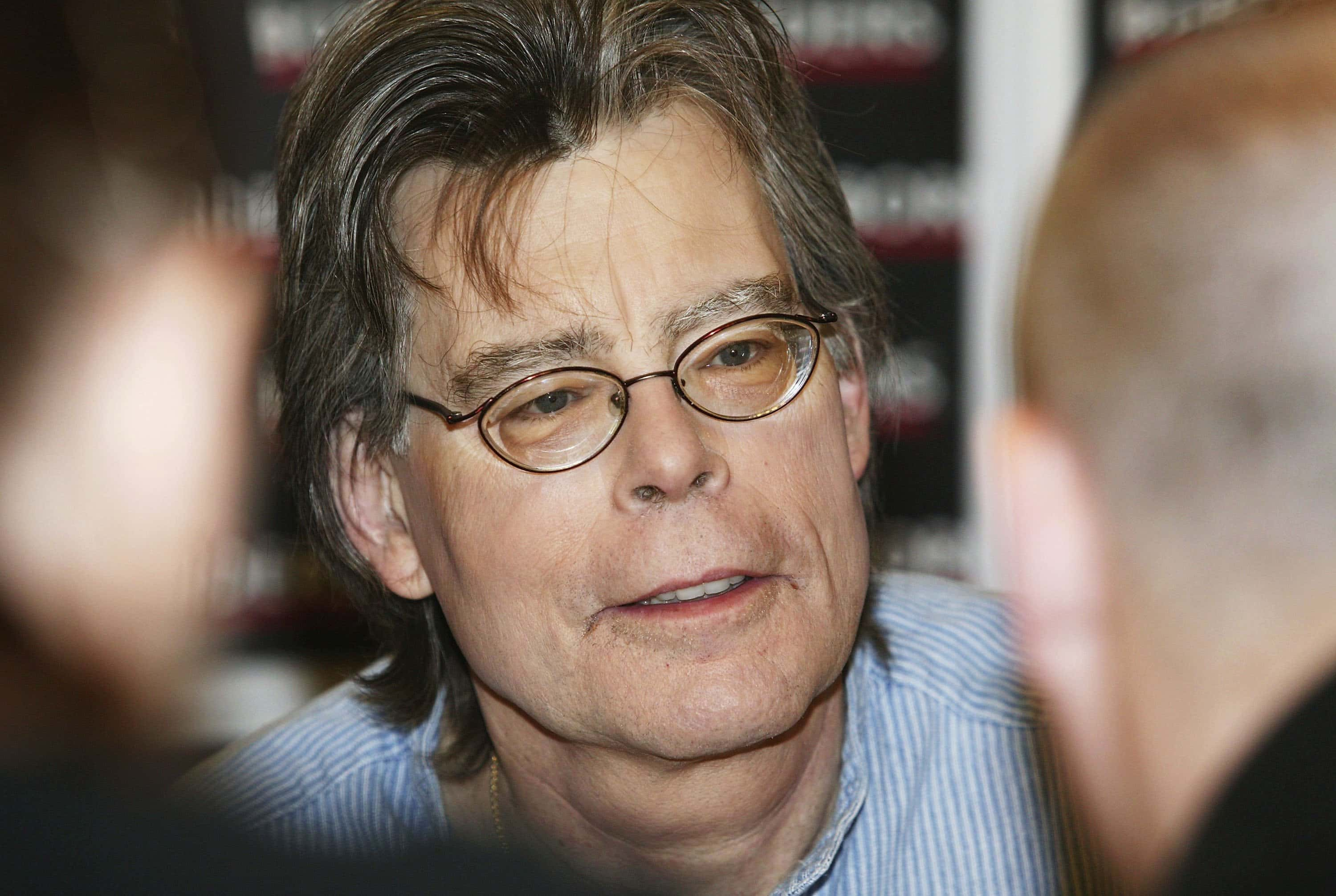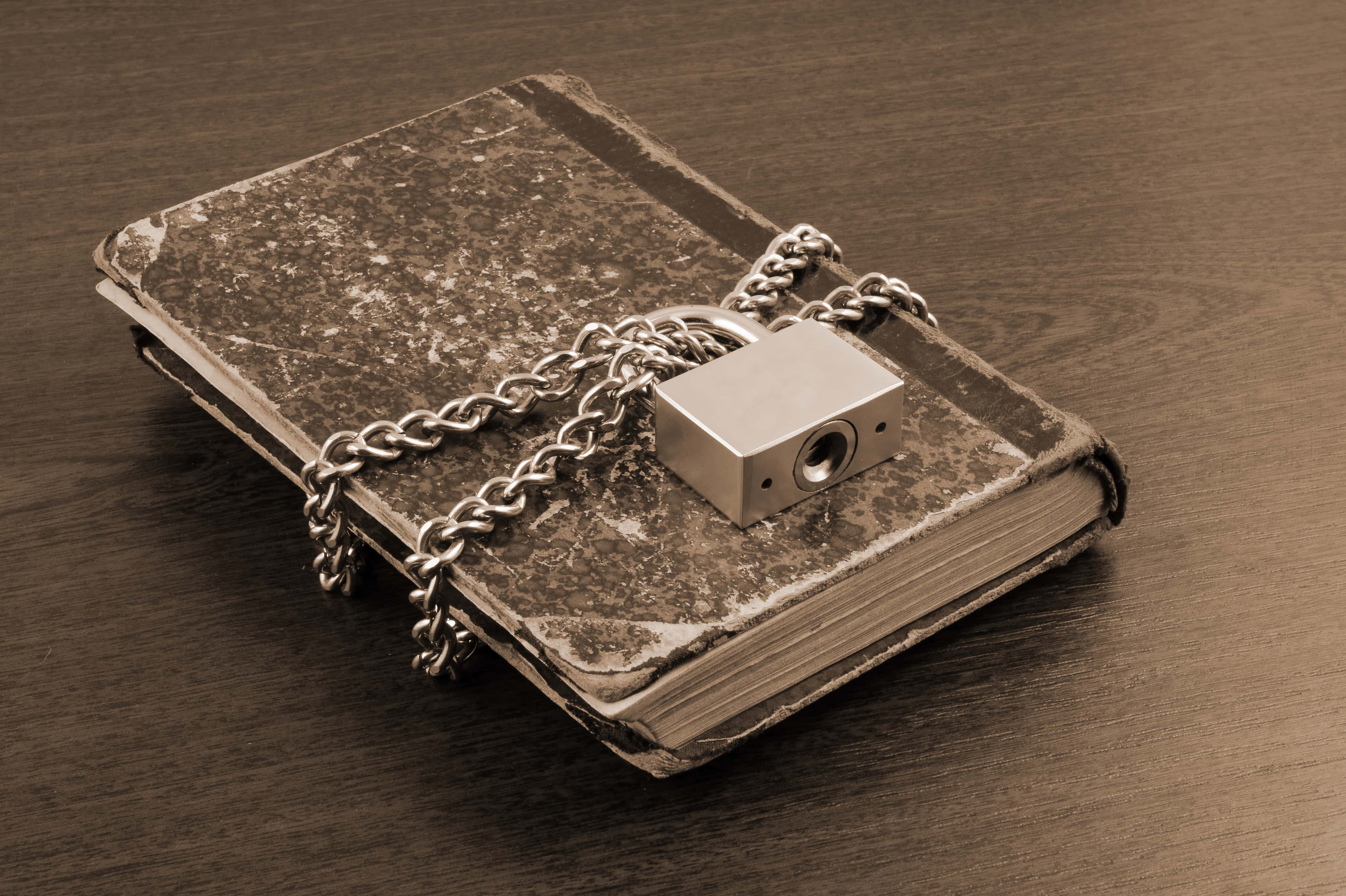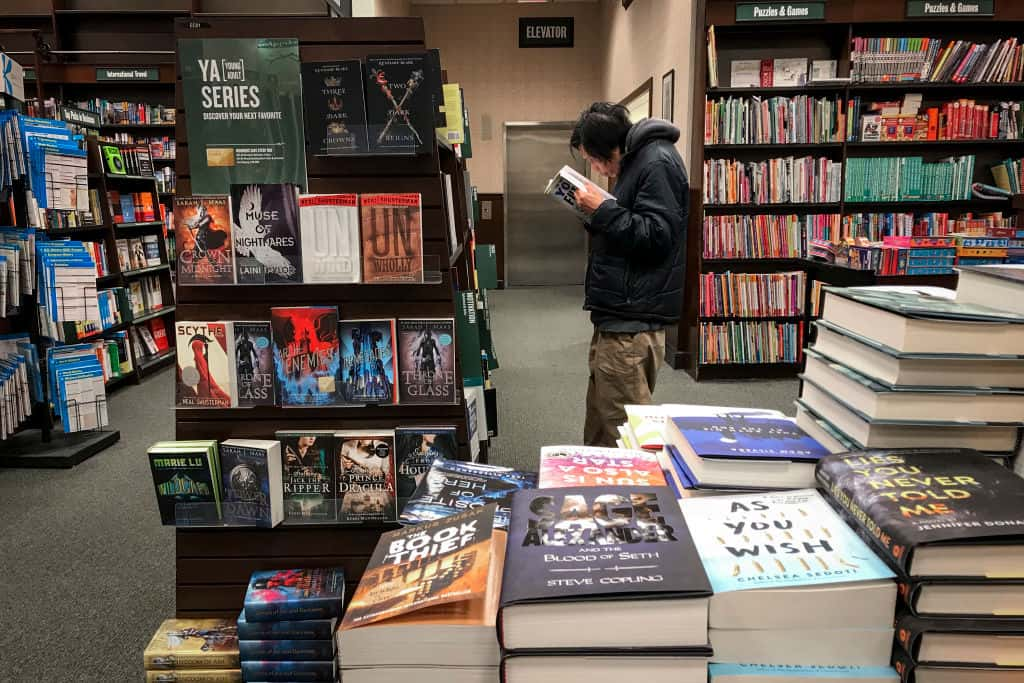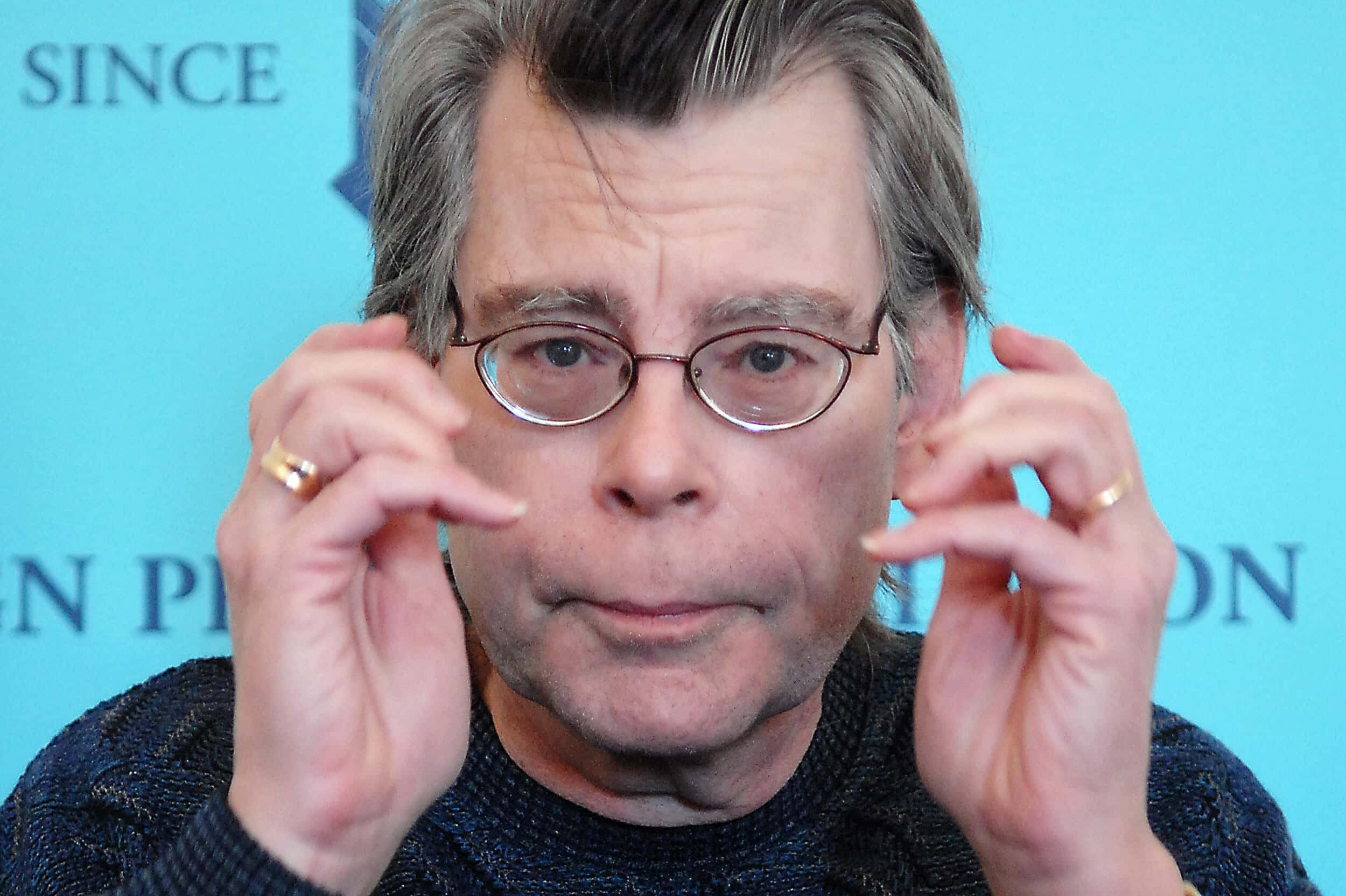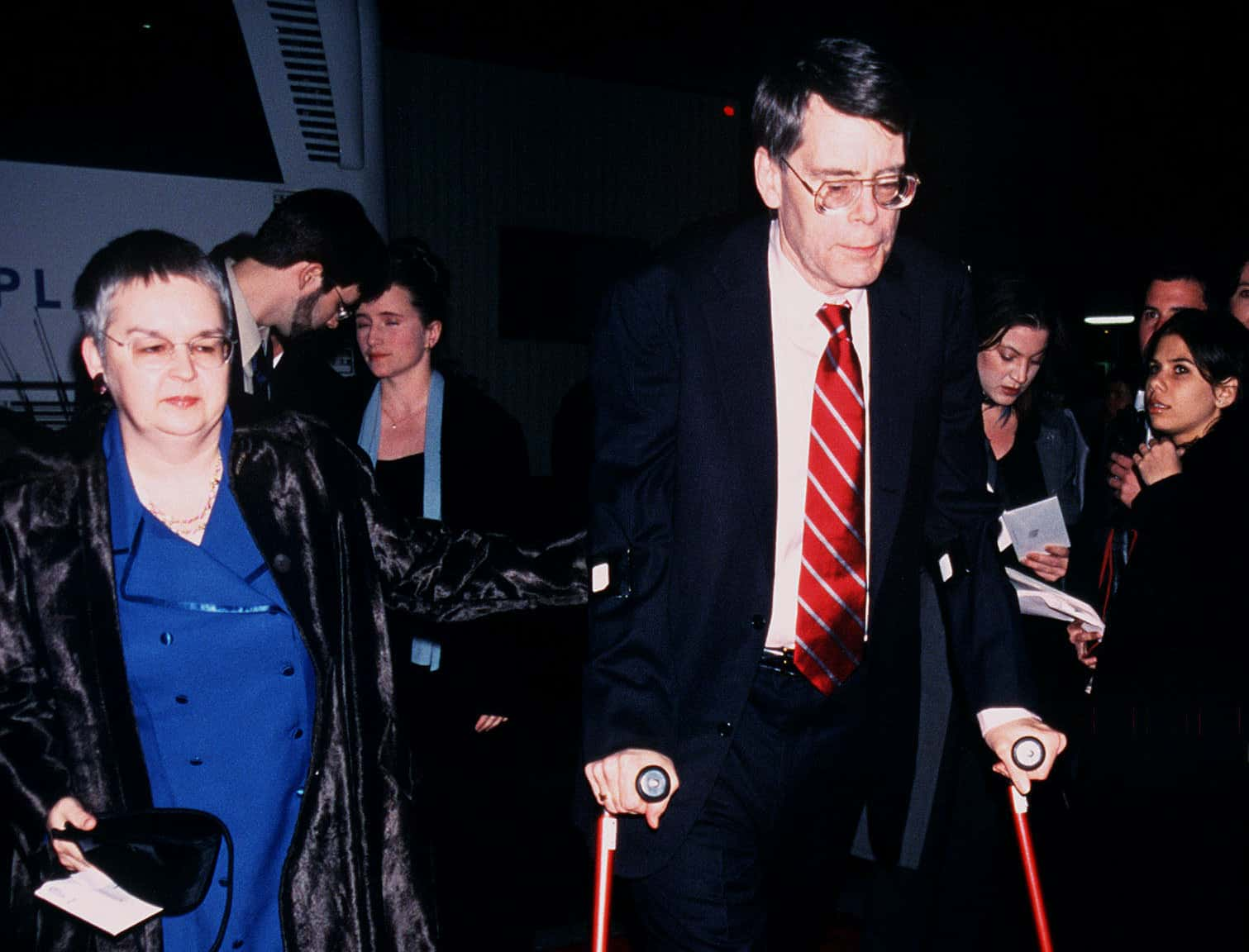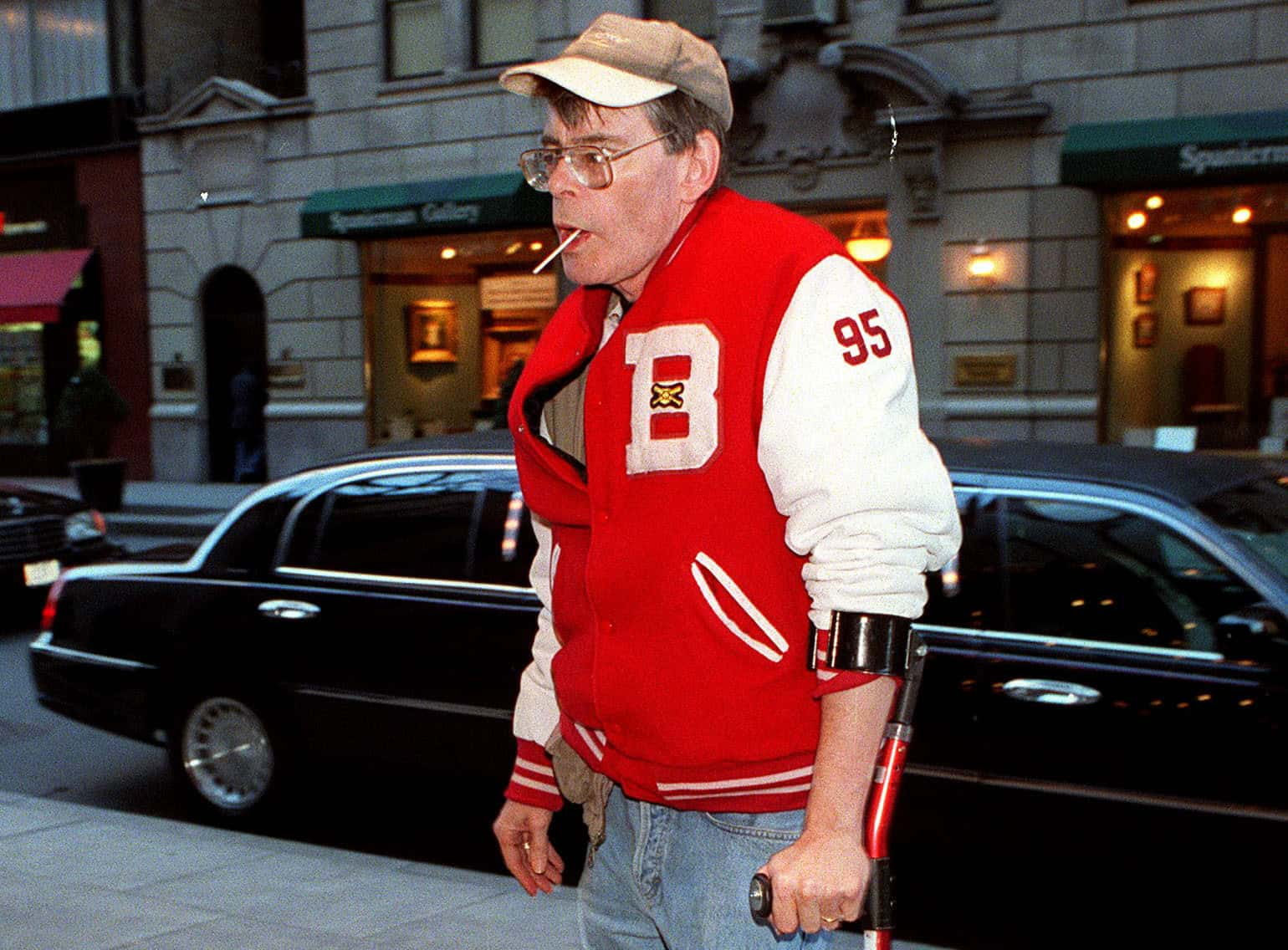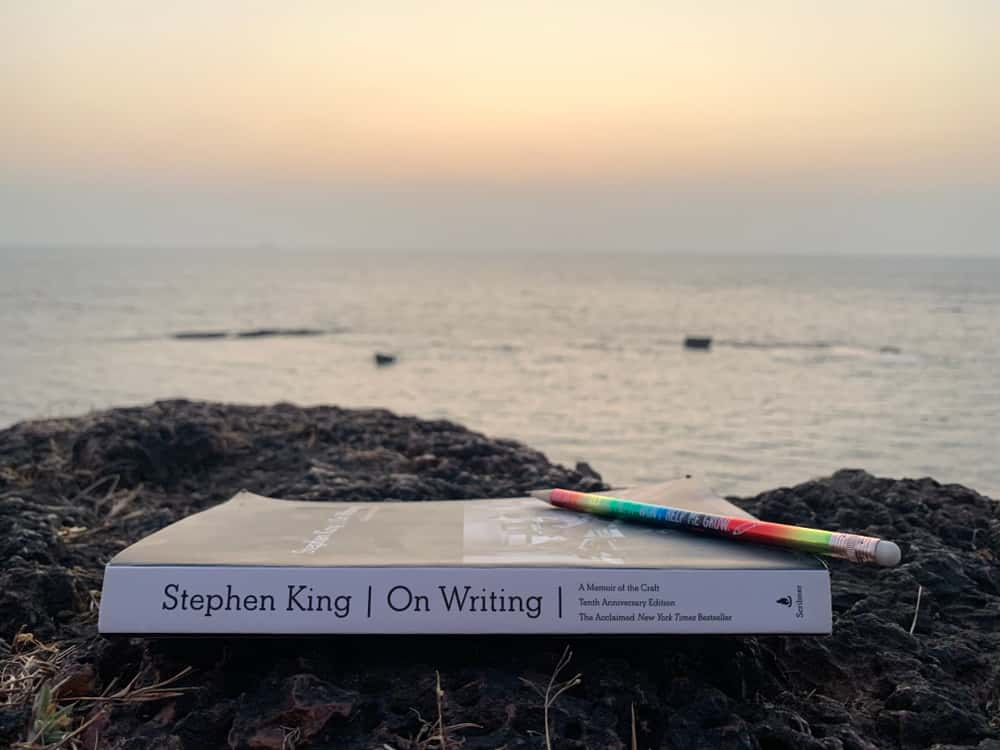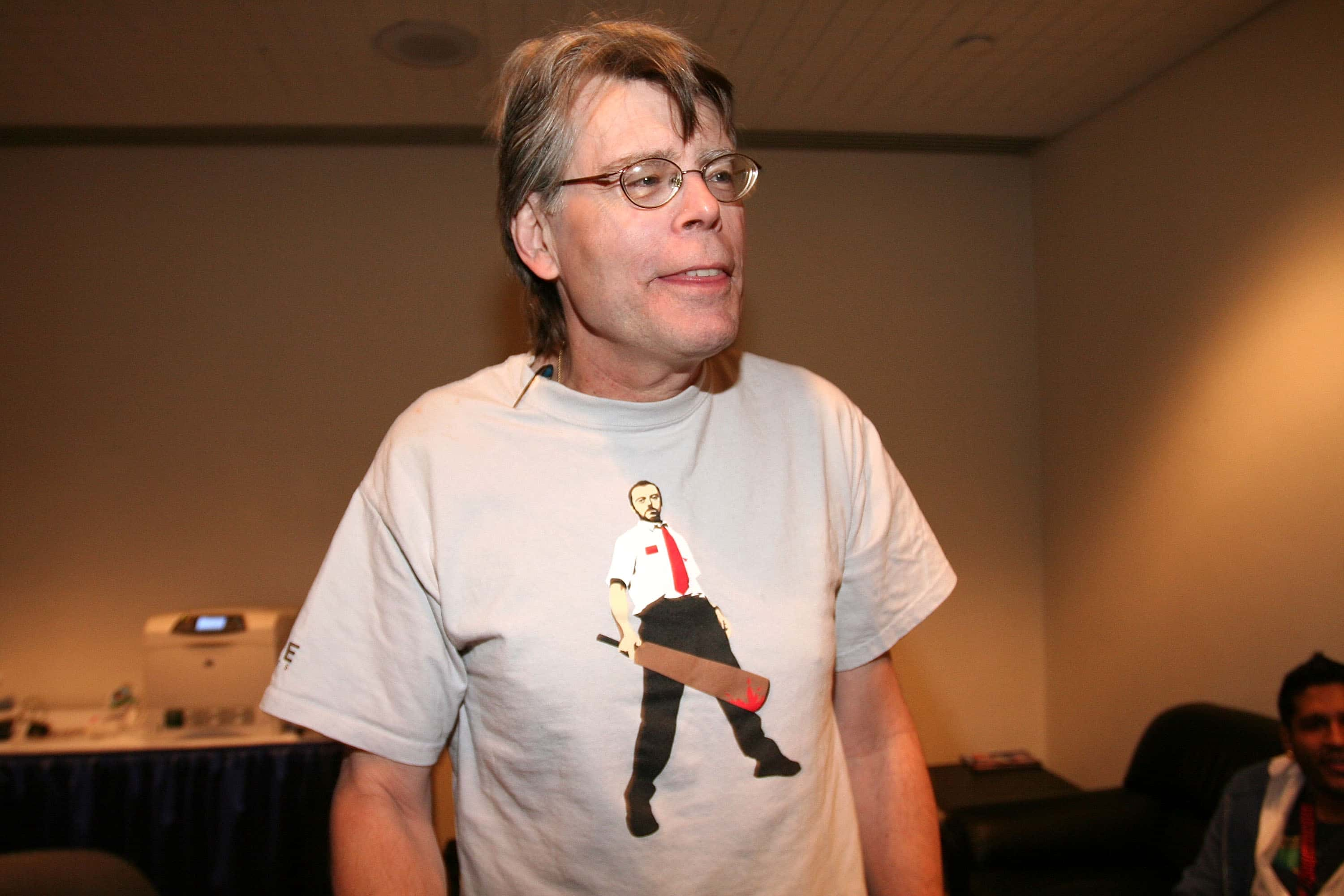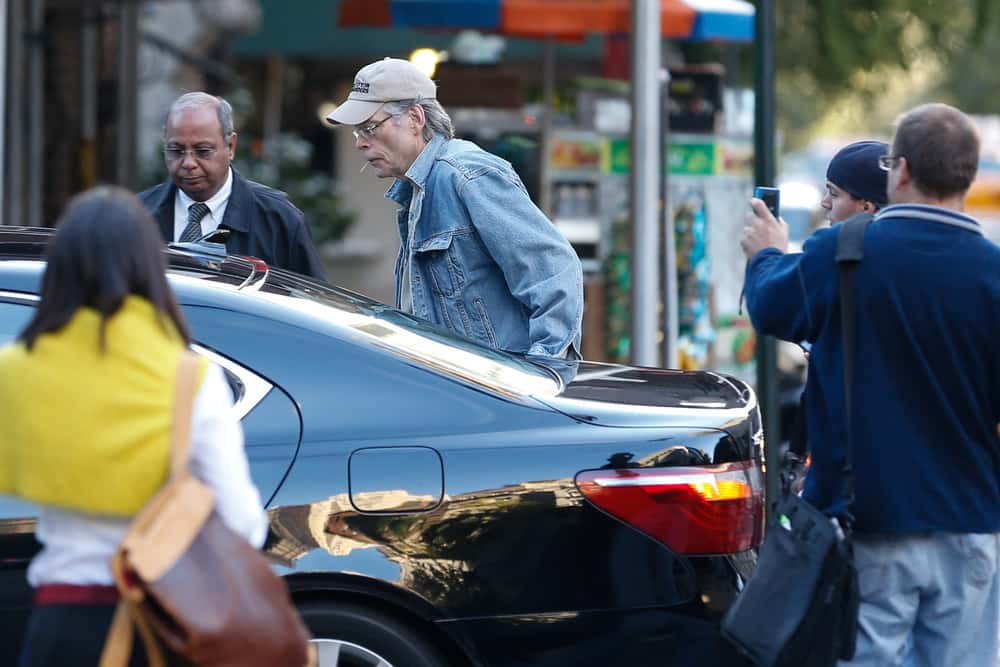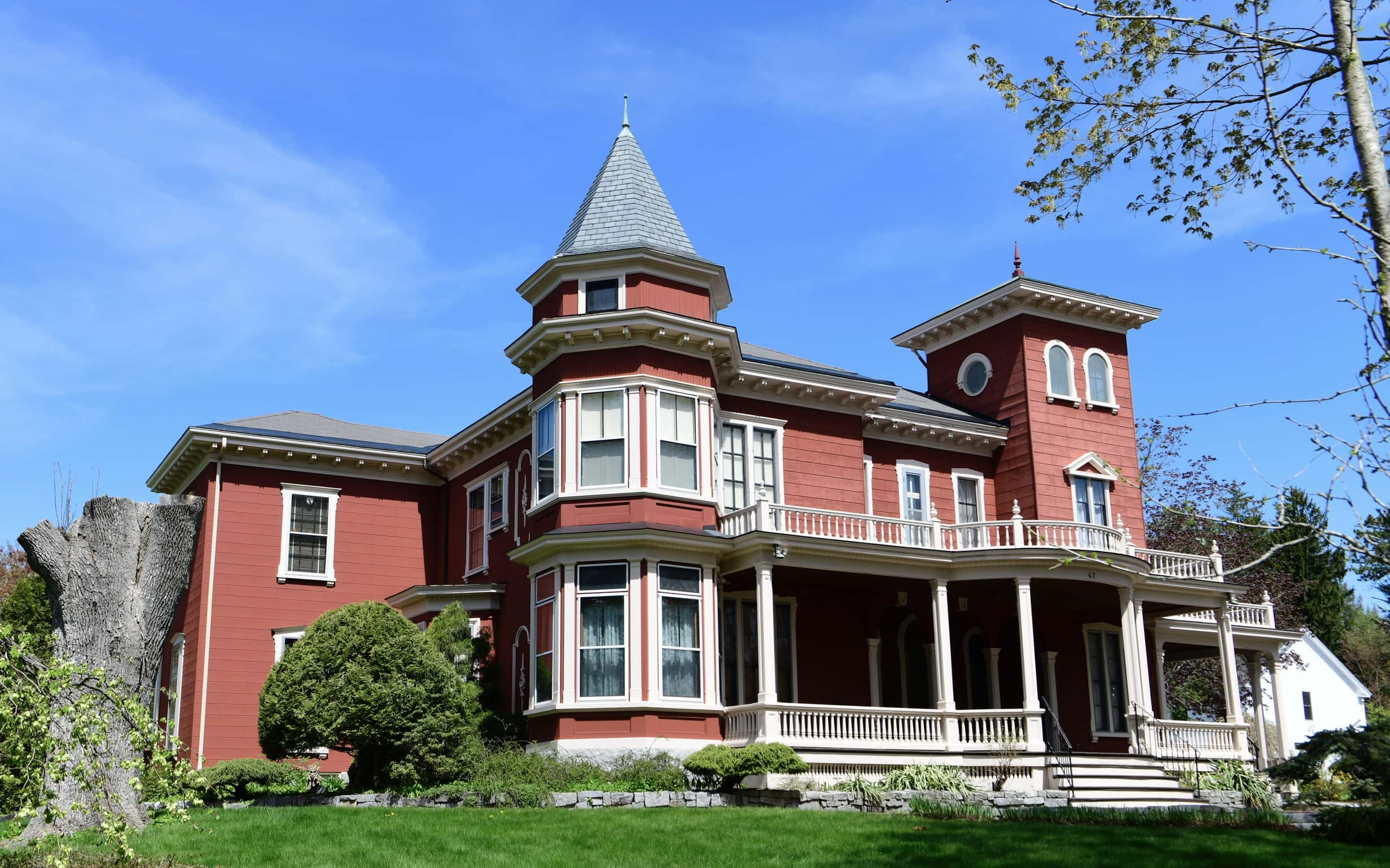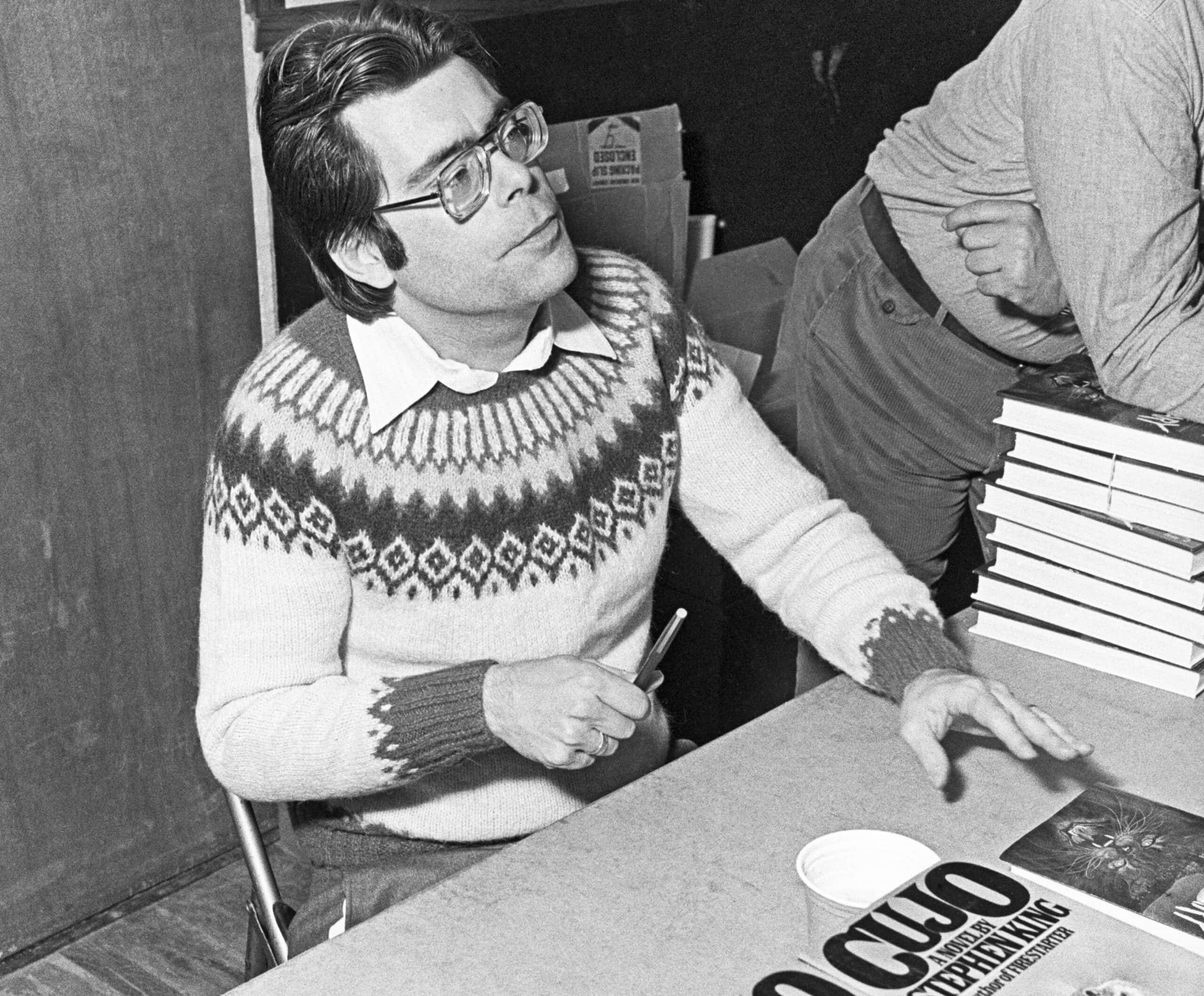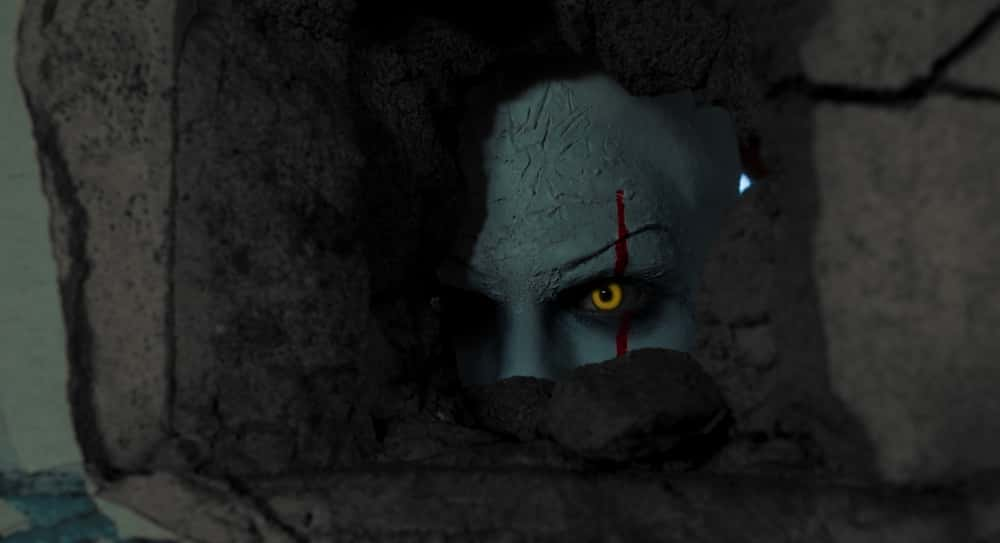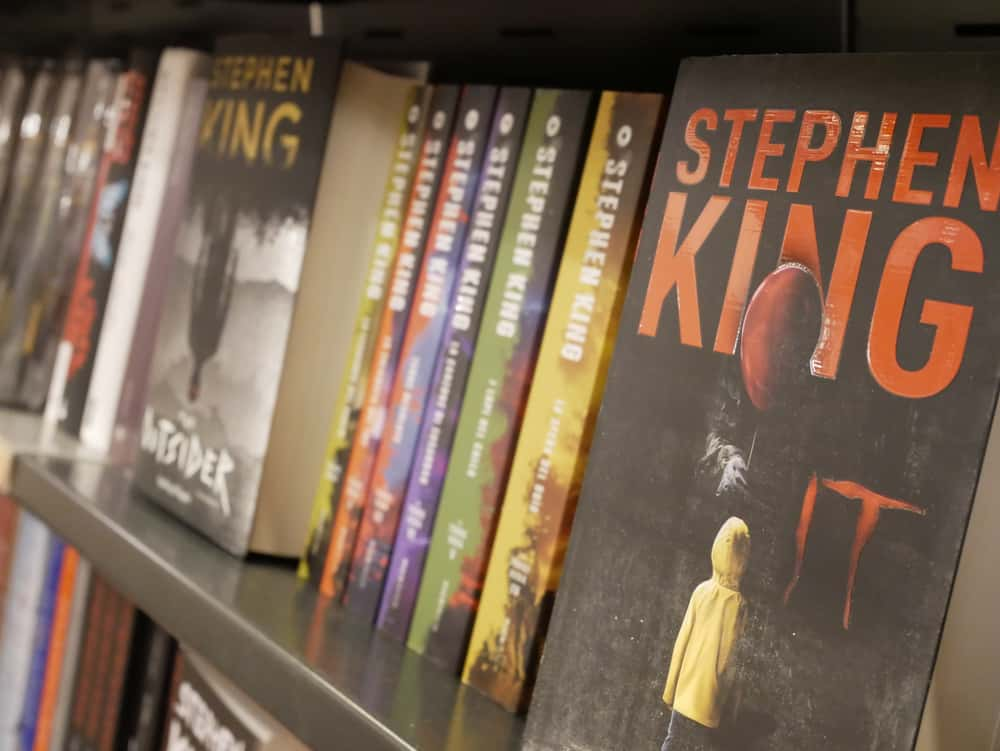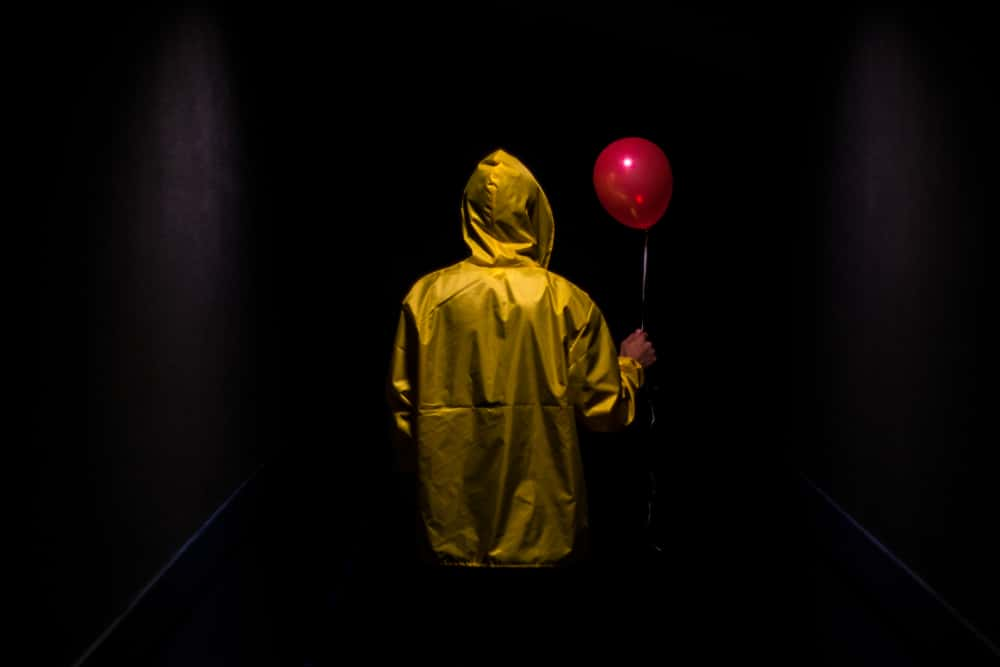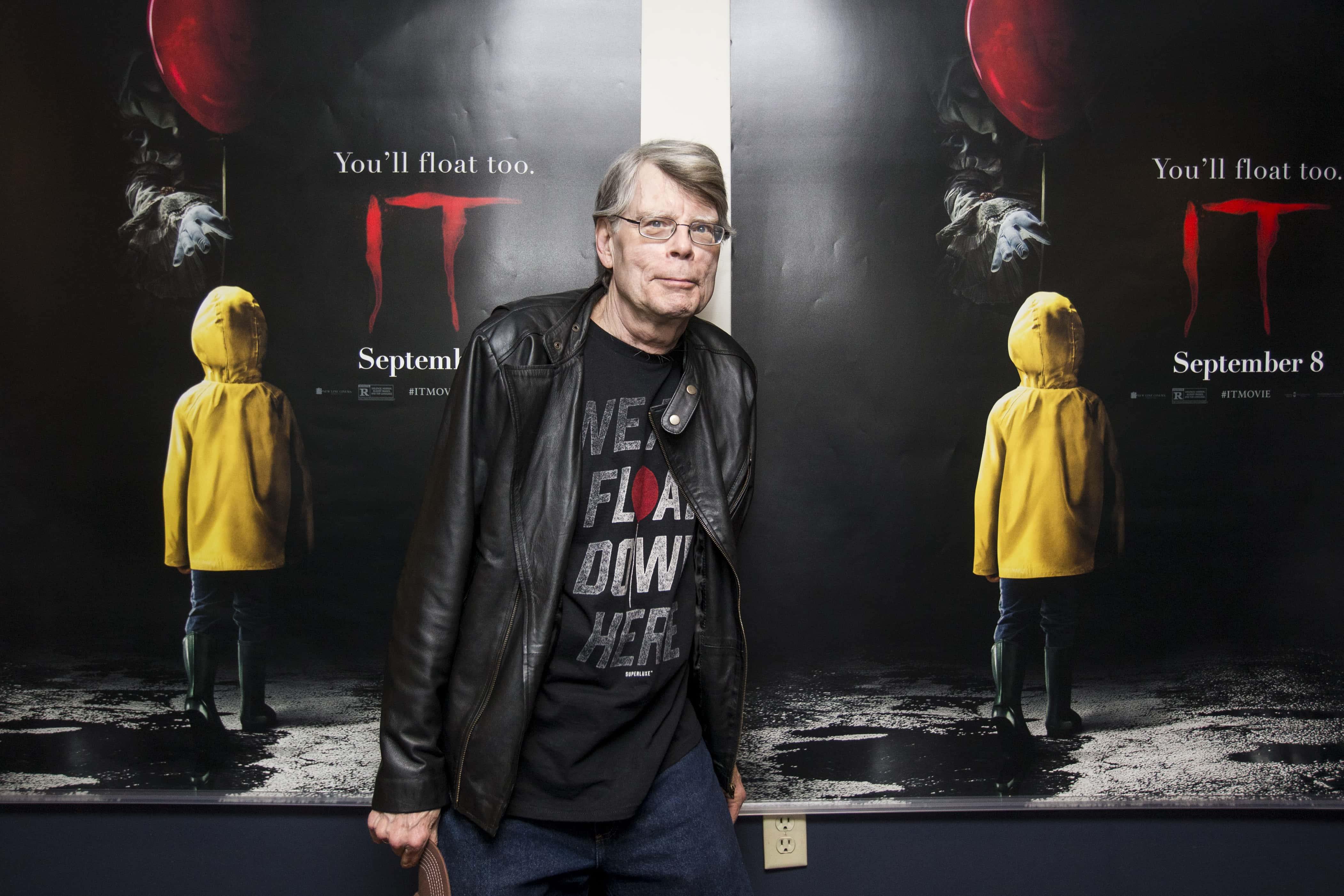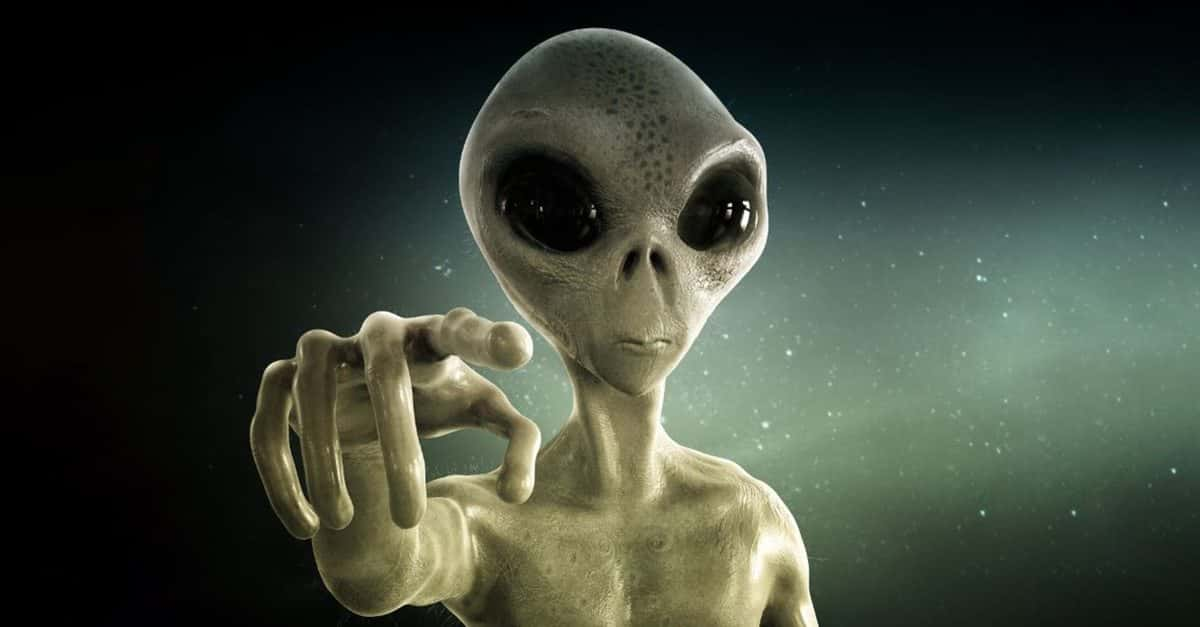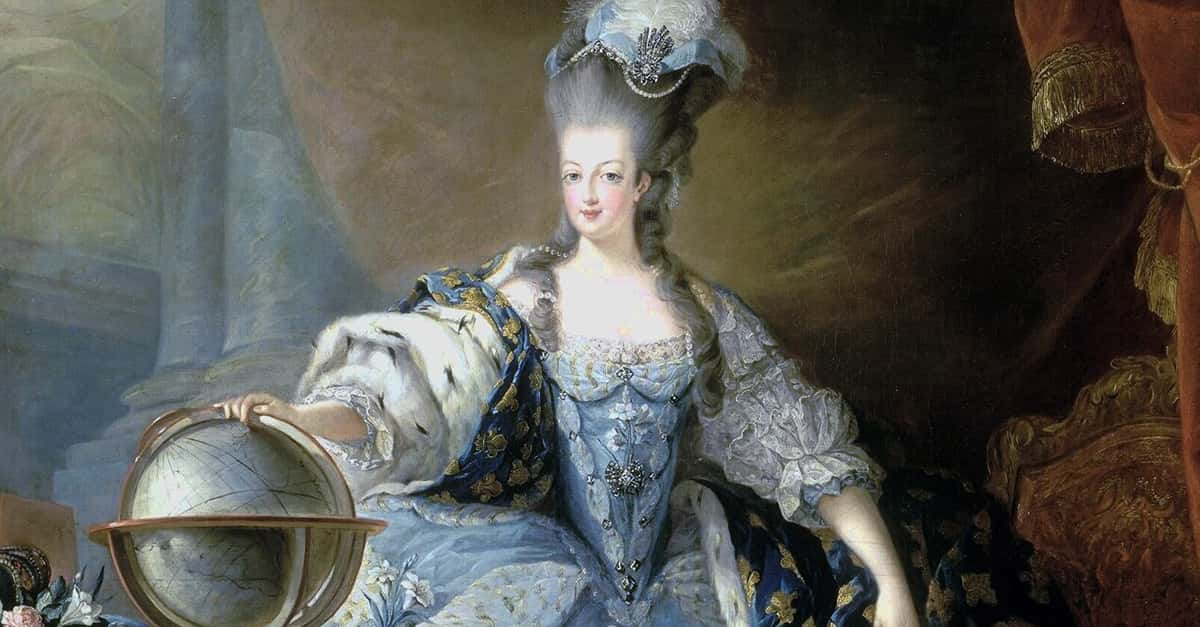There's only one Stephen King. He's given us horror classics like Carrie, Cujo, The Shining, and It—plus about a thousand other books. So who is the man behind all of these twisted stories? Where does he get all of his chilling ideas from? It turns out, you don't become the Master of Horror without living a rather twisted life. Dive in and learn how Stephen King became Stephen King.
1. He's From Maine
Stephen Edwin King was, of course, born in Maine. His parents were Donald, a merchant marine, and Nellie. He had an older brother, Dave, and to any observers, it seemed like a pretty normal family. But before young Steve could even walk, this "normal" family was torn apart.
2. His Father Abandoned Him
The Kings struggled financially from the get-go. One day, when King was only two years old, it finally broke his father. Donald told them he was going out to the store for a pack of smokes. King never saw him again.
3. He Lied About It
Stephen King never knew his father. He never even got to find out what made him leave. As a boy, if anyone asked him about his dad, his mother told him to just say he's in the Navy and at sea. As she put it, "That may or may not be true." Wherever he was, Nellie, Dave, and young Stephen were on their own now, and their troubles were only beginning.
 Biography (TV program), A+E Networks
Biography (TV program), A+E Networks
4. He Moved Around A Lot
Although Maine is such a huge part of King's legend, it wasn't really his home at first. Young Stephen King spent his life moving from one place to the next, never settling for long. Nellie's money problems only got worse after Donald left, and she constantly had to drag her two boys to new cities. Before he was 11, King had lived in Illinois, New York, Wisconsin, Indiana, Massachusetts, and Connecticut.
 Biography (TV program), A+E Networks
Biography (TV program), A+E Networks
5. His Dad Was A Writer
Like his son, Donald King was a prolific writer. Though King never saw any of them, his mother claimed their house used to be cluttered by piles of Donald's manuscripts. However, there was one key difference between father and son: Stephen King is one of the most successful writers ever. Donald never sold squat. Stephen also raised his kids, so I guess that's two key differences.
6. He Returned To Maine
Stephen King finally moved back to Maine at age 11, but it could have been under better circumstances. His maternal grandparents were both growing old and frail, and Nellie moved back to care for them. After they passed, she got a job at a local institution for the mentally challenged. It was hard work, but for the first time, her family had some stability. Don't go thinking that life was easy, though.
7. He Didn't Have Much As A Kid
King's mother finally had steady work, but as a single mother, she still struggled to make ends meet. She couldn't even afford simple things like a babysitter—but she found ways to make do. If she had to leave her two boys alone, she would expect them to read aloud to each other to keep them occupied and out of trouble. And, even more remarkably, they actually did it!
Pretty soon, the two King boys became known for their obsession with literature—and they were just getting started.
 Biography (TV program), A+E Networks
Biography (TV program), A+E Networks
8. He Discovered A Treasure In The Attic
Steve and Dave King spent a lot of their childhood reading books, and one day, that sent them to the attic in search of new tomes to pore over. Up in that dusty room, a young Stephen King discovered one of his father's old books: A collection of H.P. Lovecraft's horror stories. That book would change him forever. As he'd later put it: "I knew that I'd found home when I read that book."
The Master of Horror was born that day.
9. He Wasn't A Great Student
Little Steve King loved to read, but that doesn't mean he was a great student. In fact, the opposite was true: He hated school from the very beginning. For most people, we don't start playing hooky until we're teenagers, but King got a much earlier start than that. He actually had to repeat the first grade because he missed so many classes. But while he wasn't always in school, that doesn't mean he was wasting his time.
 Biography (TV program), A+E Networks
Biography (TV program), A+E Networks

History's most fascinating stories and darkest secrets, delivered to your inbox daily.
10. His Brother Gave Him His Start
One day, King's brother David got his hands on an old mimeograph machine—basically a messy, hand-cranked printing press. While most of us played with toys, Dave King used his machine to print his own newspaper, Dave's Rag. He got his little brother Steve to contribute articles—totally unaware that he'd created a monster. Stephen King started writing as a boy, and he hasn't stopped since.
 Biography (TV program), A+E Networks
Biography (TV program), A+E Networks
11. He Started Writing His Own Stories
Stephen King found his calling when he started writing for Dave's Rag. Pretty soon, he was writing his own stories. Sure, they were basically just re-tellings of cheap movies he'd seen, but hey, you've got to start somewhere. However, almost as soon as King started writing, it started getting him in trouble.
 Biography (TV program), A+E Networks
Biography (TV program), A+E Networks
12. His Teachers Weren't Impressed
There's one thing that Stephen King understood from the very beginning: Just writing for the sake of writing isn't enough. You've got to get paid. King didn't just write his little horror stories for the heck of it. He made copies, brought them to school, and got his fellow students to buy them with their lunch money. Now, if you ask me, that's pretty darn impressive, but his teachers didn't agree.
When they discovered King's scheme, they forced him to return all of his meager profits. Looks like, for the time being, King would need to find another way to make some cash.
13. His First Job Was Chilling
Everyone hates their first job. For most of us, it's in some miserable fast food joint or a soul-sucking big box store. Still, King's horrifying first gig puts the rest of them to shame: He worked as a gravedigger. Are you even surprised? King spent nights and weekends digging holes for the dead—but the macabre work ended up having a silver lining.
14. It Gave Him His First Byline
For most of us, digging graves would be miserable at best and terrifying at worst. Stephen King isn't like most of us, though. The job inspired him to write a story, the grim, "I Was a Teenage Grave Robber." Apparently, he found something within himself, because it ended up being the first story he ever got published. It appeared in the fanzine Comics Review in 1965. He didn't get paid for it, but it was a start.
King had his first official byline—but his struggles were far from over.
 Getty Images
Getty Images
15. He Faced So Much Rejection
Believe it or not, one story about grave robbing didn't make Stephen King a household name overnight. After that one publication, journals went right back to rejecting all of his submissions. But King is nothing if not persistent. He started putting every single rejection letter he received on a nail on the wall. Pretty soon, the nail couldn't even hold them all. The pile grew and grew, but King only used his constant failures as motivation.
He kept writing, kept submitting, and it was only a matter of time before something stuck.
 Biography (TV program), A+E Networks
Biography (TV program), A+E Networks
16. He Got Paid
After years of writing and submitting with almost no success, Stephen King finally sold his first story at 19 years old. "The Glass Floor" earned King a whopping $35 paycheck. He could finally call himself a writer. But, in case you hadn't noticed, $35 doesn't exactly pay the bills. King had a long way to go before his problems were behind him.
 Biography (TV program), A+E Networks
Biography (TV program), A+E Networks
17. He Was A Black Bear
Fresh off his first writing paycheck, King enrolled at the University of Maine. He ended up graduating with an English degree four years later, but honestly, we have no idea how he managed to pass any of his classes. He seemingly spent every minute of his spare time writing. King took part in writing workshops, he had his own column, Steve King's Garbage Truck, in the student newspaper, and he completed several novels while at school.
That already sounds like more than any of us could handle—but that was just half of King's day.
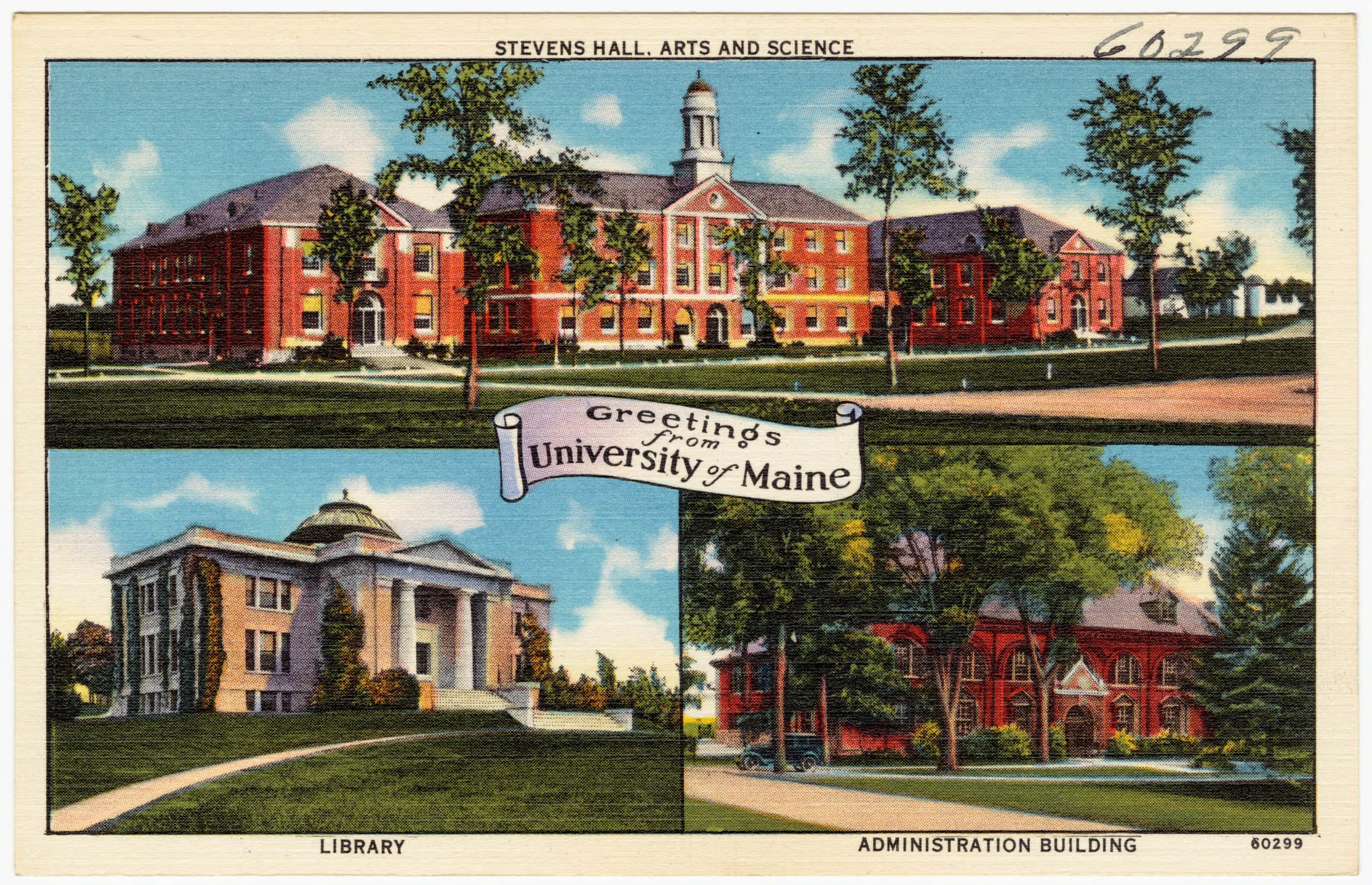 Wikimedia Commons
Wikimedia Commons
18. He Was A Busy
No, that $35 paycheck for "The Glass Floor" wasn't enough to pay for King's studies. Throughout school, on top of his writing, he worked all kinds of jobs to cover his expenses: Janitor, gas monkey, laundryman. Honestly, I don't know how he found time to sleep—let alone fall in love. But somehow, he managed it.
 Biography (TV program), A+E Networks
Biography (TV program), A+E Networks
19. He Met His Wife In A Fitting Place
One day, while wandering the stacks of books at the university library, King passed a young woman and struck up a conversation. He learned her name was Tabitha Spruce, and she was an aspiring writer like him. They were married within four years, and they've been together ever since.
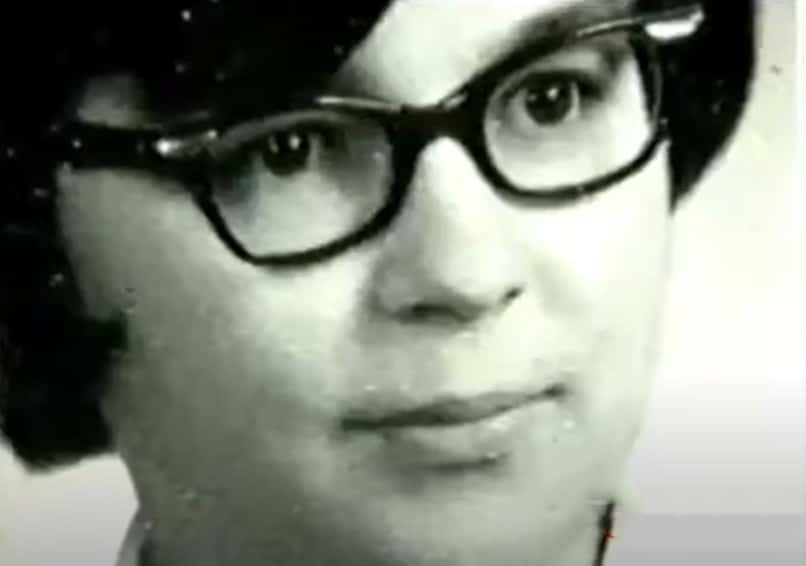 Biography (TV program), A+E Networks
Biography (TV program), A+E Networks
20. They Started A Family
Stephen and Tabitha had their first child, Naomi Rachel, the year that they met. They'd go on to have two more children, Joe and Owen. Naomi is a minister in Florida, while both Joe and Owen followed in their father's footsteps and became writers. But while today, Naomi, Joe, and Owen's father is fabulously wealthy and extremely famous, their childhood was anything but glamourous.
21. He Struggled Out Of School
A university degree didn't change much for Stephen King. He kept on writing and submitting stories, and while his occasional paychecks got a little bigger than $35, they still didn't pay the bills. King got a certificate to teach high school, but he couldn't find a position anywhere, so he kept working various odd jobs for years. The Kings were borderline destitute, and it started taking its toll.
 Biography (TV program), A+E Networks
Biography (TV program), A+E Networks
22. He Took Out His Anger On Traffic Cones
One incident stands out from these days of struggle. King was out driving when a misplaced traffic cone knocked his car's muffler loose. Since he couldn't afford to fix it, King lost it. I guess to vent his frustration, he ended up stealing the traffic cones. He didn't exactly think it through, though, because the authorities ended up dragging him down to the station and slapping him with a $250 fine for petty larceny.
So now, King had to fix his muffler and pay the fine. He was, simply put, screwed.
23. He Was Saved At The Last Second
Just when it seemed like King might end up behind bars, he was saved by a check in the mail. Someone had bought his short story, "The Float." The paycheck was just barely enough to pay the fine. No word on how the muffler got fixed, though.
24. He Lived In A Trailer
Eventually, King found himself and his young family living in a trailer outside of Bangor, Maine. He'd finally found work teaching English at a local school, but he still had to work shifts at a laundromat and spend his summers pumping gas. Meanwhile, Tabitha worked at a nearby Dunkin' Donuts. Still, somehow, King managed to write 2,000 words every single day, no matter what.
If that sounds hard, it's because it was—and pretty soon, King found himself heading down a dark path.
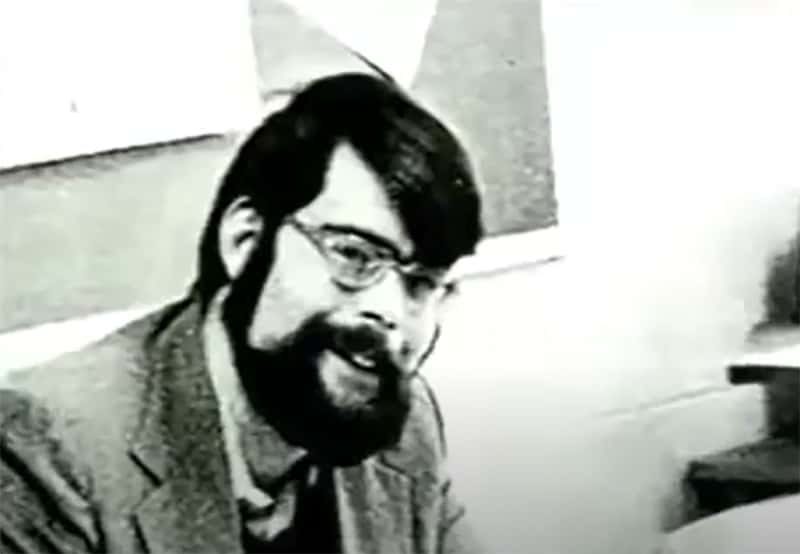 Biography (TV program), A+E Networks
Biography (TV program), A+E Networks
25. He Had A Problem
Stephen King started drinking heavily in the early 1970s. While Tabitha would have a glass of vino in the evening, King took it to the next level. Before long, he was drinking an entire case of beer every single night, all by himself. One day, he stumbled out into the garage and found himself looking at a garbage can filled to the brim with cans. The same can that sat empty a week before.
King realized he had a problem—but he would sink so much further before he did anything about it.
26. He Never Gave Up
Stephen King spent the early 70s drinking his nights away in that cramped trailer, writing story after story, and seemingly getting nowhere. Most people would have given up—but King didn't know how to not write stories. By this point, he'd finished several novels and hundreds of short stories. It was about time he got a hit, and it finally came. It was called Carrie.
 Biography (TV program), A+E Networks
Biography (TV program), A+E Networks
27. Carrie Had A Real-Life Inspiration
For such a master of the supernatural and the grotesque, Stephen King gets almost all of his inspiration from real life. With Carrie, he challenged himself to write about a woman, and he remembered a particular girl from his high school. She had a single outfit, and she wore it every single day—to the hilarity of the other kids in the class. She endured daily torment—until one day she tried to do something about it.
28. The Real Carrie's Story Is Heartbreaking
One day, King remembered, this girl showed up at school and surprised everyone. Rather than her trademarked black skirt and white blouse, here she was in a colorful shirt with puffed sleeves and a fashionable skirt. And did her new look impress the kids who had tormented her? Nope, they just made fun of her even more for even trying.
The memory of this poor girl stuck in King's brain. What if that girl could actually do something about the constant teasing? Years later, he thought of her, and Carrie White was born.
29. His Wife Saved Carrie
If you like Carrie, you have Stephen King's wife to thank. After finishing the first three pages, King was ready to give up. In his own words, he figured he'd written "the world's all-time loser." Tabitha disagreed. She fished the crumpled up pages out of the trash and told him there was something there. King ended up finishing the book, with frequent help from his wife when it came to getting the female perspective.
It was his fourth novel, and he started sending it to publishers. By this point, I'm sure he expected the same old rejections to start pouring in—but this time, it was a different story.
 Shutterstock
Shutterstock
30. He Couldn't Afford A Phone
By the time King had finished Carrie, things were looking particularly rough around the old homestead. They'd gotten so broke that they couldn't even afford a phone line. Because of that, Stephen King actually missed the most important phone call of his entire life.
31. His Big Break Came Via Telegram
In the spring of 1973, Stephen King received a telegram, of all things. The man who sent it, William Thompson, who would eventually become good friends with King, had tried calling him but found the line disconnected. Thompson was an editor at Doubleday Publishing, and he had to resort to the ancient medium to deliver the message that would change Stephen King's life forever:
"Carrie Officially A Doubleday Book. $2,500 Advance Against Royalties. Congrats, Kid—The Future Lies Ahead, Bill."
32. He Bought A Pinto
$2,500. It was the biggest paycheck King had ever seen for his writing, and it was the only beginning. The first thing he did with the money was go out and buy a bright, shiny new...Ford Pinto. Not exactly a Porsche, but it did the job—and he later immortalized it in another of his most iconic works: Cujo.
33. Things Changed Overnight
Barely a month after Doubleday agreed to publish Carrie, New American Library bought the paperback rights for a whopping $400,000. That paperback went on to sell over a million copies. Within three years, it was a blockbuster movie. Stephen King had arrived—but just as his career was taking off, tragedy struck close to home.
34. He Lost His Mother
Less than a year after King sold Carrie, his mother passed from uterine cancer. Already in the throes of addiction, her loss sent King into a spiral. He was even loaded when he gave the eulogy at her funeral. It's a small consolation, but at least she got to see her son hit the big time before she went.
35. His Mother Got To Hear His Book Before The End
In her final days, Nellie Ruth had her sister Emrine read Carrie to her. Though she passed before Carrie was officially published, at least she knew that her son was going to be ok. Once she was gone, Maine suddenly became a haunted place for King, and he moved his family west to Boulder, Colorado—a place that would inspire another of his most famous horrors.
36. He Moved To The Mountains
While living in Boulder, King and his wife visited an old hotel up in the mountains near the end of the season. He found the place's empty hallways unsettling. He envisioned a story of a man taking care of a place like that through the winter. The man, like King himself, was a hopeless alcoholic, and his family endured utter nightmares because of it. The Shining became King's third novel and his first hardcover bestseller.
His time in Colorado proved fruitful, but, as always, Maine seemed to call to him. Not long after his fateful trip to the hotel, the King's abandoned Colorado and headed back home.
 The Shining (1980), Warner Bros.
The Shining (1980), Warner Bros.
37. A Legend Adapted His Book
The Shining ended up being the second of King's books to get adapted into a movie. This time, none other than legendary director Stanley Kubrick got the nod to make the film. Kubrick's The Shining, with an iconic performance from Jack Nicholson, was an instant hit and a massive success. It's considered a horror classic today, but there's only one problem: Stephen King himself hates it!
 The Shining (1980), Warner Bros.
The Shining (1980), Warner Bros.
38. But He Hated It
King has called Shelly Duvall's Wendy Torrance a "screaming dishrag" instead of a fleshed-out character, and he didn't like Jack Nicholson's portrayal of Jack Torrance either. When Rolling Stone asked him what he thought about the huge fanbase surrounding the film, King simply replied, “I don’t get it.”
 The Shining (1980), Warner Bros.
The Shining (1980), Warner Bros.
39. He Went Back To His School
Finally, Stephen King was no longer a teacher/gas monkey/laborer who happened to write on the side. He was a full-time writer, and he even landed a prestigious spot at his old alma mater. King became a "writer-in-residence" at the University of Maine. He and his family rented a house nearby that happened to be on a busy road.
At this new house, the Kings started to get used to a grim sight on the roadside—and it would inspire King's next horror masterpiece.
40. Roadkill Inspired Him
During his second stint at the University of Maine, King saw countless dogs and cats lying lifeless along the side of the road near his house. It was only a matter of time before the same fate befell his daughter Naomi's cat. King had to explain death to his young daughter, then bury the cat in the woods nearby. It was a macabre affair, but it gave him an idea for a story.
What would happen if his daughter's mangled cat somehow came back to life?
41. One Book Scared Him More Than The Others
The idea became Pet Sematary, another of King's most popular nightmares. He imagined dead animals coming back to life, but "fundamentally wrong." This thought, of course, led to the inevitable: The shambling bodies of broken animals were one thing, but what would happen to a child buried in the Pet Sematary?
To this day, King says that of all his terrifying stories, Pet Sematary scares him the most.
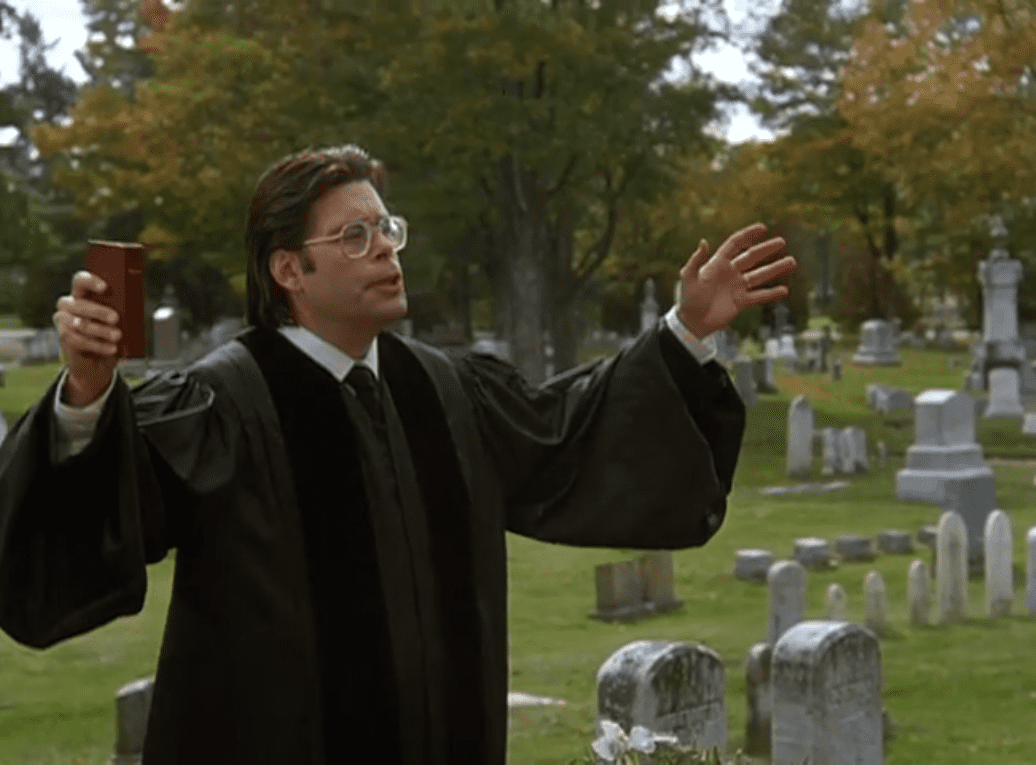 Pet Sematary (1989), Paramount Pictures
Pet Sematary (1989), Paramount Pictures
42. One Book Spawned Two Hit Movies
We love him for his horror, but no one can say Stephen King is a one-trick pony. Maybe the best example is his 1982 book Different Seasons. A collection of four novellas, the book featured two non-horror stories that would go on to become two of the most beloved films in Hollywood history. The Body eventually became Stand By Me, and Rita Hayworth and Shawshank Redemption became, you guessed it, The Shawshank Redemption.
Different Seasons wasn't exactly a big hit, but hey, the pedigree speaks for itself.
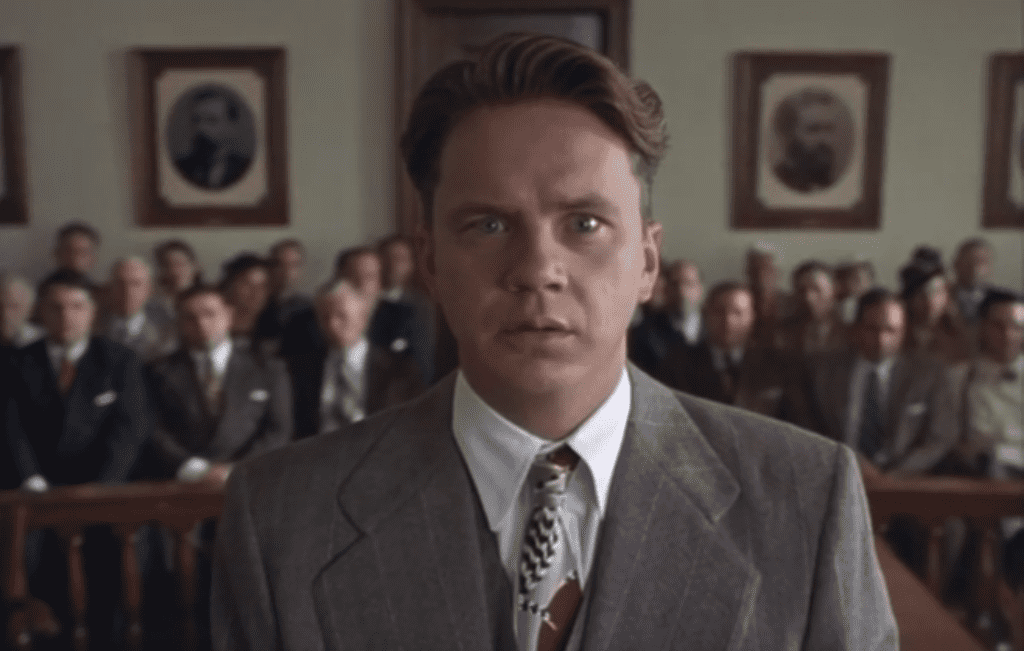 The Shawshank Redemption, Warner Bros.
The Shawshank Redemption, Warner Bros.
43. He Hates Flying
Stephen King had a crippling fear of flying for many years. Instead of taking a plane to signings and other events, he would ride his motorcycle across the country as much as he could. That eventually led him to a motorcycle shop where he encountered one of the worst scares of his entire life—and the inspiration for one of his most famous books.
44. A Vicious Dog Attacked Him
As King ventured into the shop looking for a mechanic who could help him with his bike, he was greeted instead by a massive, charging, snarling St. Bernard. According to King, the mechanic just barely stopped the dog from biting him by bashing it with a wrench, but the experience left King sufficiently terrified. He funneled that fear into his next novel...Misery.
45. He Kept On Writing Hits
Just kidding, the dog attack led King to write Cujo, one of his most popular books ever. It was now the 1980s, and it seemed like King couldn't put anything to paper without it becoming a hit—but behind the scenes, his life was spiraling out of control.
46. His Addictions Grew Worse
Remember how King had been drinking a whole case every night? That didn't slow down once he became successful. Instead, King only supplemented his addiction with newer, flashier ones. Pills. Pot. Coke. If his manic writing pace seemed unsustainable, that's probably because it was all fueled by drugs. I suppose it goes without saying, but this is the time when King started getting truly deranged.
47. He Couldn't Stop
Though he had his demons, King was, at the end of the day, completely obsessed with the craft of writing. His wild binges were spent in front of a typewriter, and his pace became truly frantic. Case in point, his 304-page book The Running Man. The book was yet another hit, and it spawned a movie starring Arnold Schwarzenegger. King wrote the entire thing in an insane 10-day bender.
By this point, it seemed like no matter how strung out he got, King could do no wrong—but arguably the greatest disaster of his career was coming.
48. He Hates One Of His Own Books
Not all of Stephen King's drug-fueled novels were great successes. There's also The Tommyknockers, which King himself has called "an awful book." He's openly admitted that the white stuff mostly fueled the 558-page behemoth—and that the book is probably twice as long as it needs to be.
49. He Stepped Behind The Camera
By 1985, there were already 10 movie adaptations of Stephen King's works. Some of them were instant classics like Carrie, The Shining, and Cujo. So, what happened next seems completely obvious: King got the chance to actually direct one of his own stories. It seemed like an obvious slam dunk—but instead, it ended up being one of the biggest airballs in history.
50. It Was Doomed From The Start
King was all set to adapt one of his short stories, simply titled "Trucks," into a movie. Right off the bat, you've got a problem: "Trucks" is super short even for a short story, and the plot it pretty darn simplistic: Trucks try to kill people. Not exactly a lot to go off there. Plus, there's the problem that King was, in his words, "coked out of [his] mind" for the entire production.
Oh, and he had absolutely no experience making movies up to that point. Yeah, this is going to go great...
51. He Didn't Impress Lisa Simpson
Before she was Lisa Simpson, Yeardley Smith was just like any other aspiring actor. She was ecstatic to land a role in Stephen King's directorial debut, Maximum Overdrive. After all, this was the guy behind The Shining and Carrie, what could go wrong? Pretty soon into filming, Smith realized that this was going to be an...interesting experience.
Whenever they did night shoots, Smith recalls seeing King crack his first cold one at 5 pm. Needless to say, things got real wild real fast.
52. His Set Was A Nightmare
Pretty soon into production, Yeardley Smith literally feared for her life. As we said, King had absolutely no idea what he was doing—he didn't even understand basic things like "stunt performers" and, you know, "safety." He told Smith to stand in front of a wall and jump out of the way before a car crashed through. He said, "Don’t worry...it’s going to look onscreen like it’s coming so fast, but it’ll be so slow."
Apparently, "slow" is a relative term...
 Maximum Overdrive (1986), Paramount Pictures
Maximum Overdrive (1986), Paramount Pictures
53. He Nearly Cost His Actors Their Lives
Imagine Smith's surprise, after getting such reassurance, when the car came crashing through the wall at top speed. As she later put it, “That scream is so real! ... No hazard pay, no nothing. That’s the kind of shoot it was.” Disaster is an understatement. Between safety violations, story problems, critical panning, and complete and utter failure at the box office, let's just say Maximum Overdrive didn't quite work out.
But at least King learned one very valuable lesson: He never directed again.
 Maximum Overdrive (1986), Paramount Pictures
Maximum Overdrive (1986), Paramount Pictures
54. He Hit Rock Bottom
Clearly, between hazy writing binges and the catastrophic Maximum Overdrive, King's addictions were officially out of control. King finally hit rock bottom after Cujo came out. His wife threatened to leave him, and his friends held an intervention where they finally brought his problem out into the open. Beforehand, they went into his office and pulled out every last piece of evidence they could find. The results were not pretty...
55. His Problems Were Laid Bare
King could no longer hide from his addiction. After his friends and family cornered him, they dumped out a garbage bag in front of him. It was all the stuff they'd pulled out of his office: empty cans, cigarette butts, coke, Xanax, valium, Nyquil, cough medicine, and grass. And that's just what was in his office. Finally, King decided to seek help.
He managed to kick his habits by the late 80s, and he's been sober ever since.
 Getty Images
Getty Images
56. He Gave Fantasy A Try
King's biggest hits were almost always his horror stories, but he constantly wanted to challenge himself as a writer. This led to him writing The Eyes of the Dragon, his first epic fantasy novel. Many of his fans were less than impressed. They rejected this foray into fantasy out of hand and demanded that King stick to horror.
King started to feel trapped by his own fans—and, as with so many things in his life, that gave him an idea for a story.
57. His Fans Inspired Him—But Not In A Good Way
Ok, The Eyes of the Dragon wasn't exactly King's biggest hit, but it directly led to the creation of another of his most famous stories: Misery. King felt trapped by his own fans—so he created Annie Wilkes, a deranged fan and one of his most iconic villains.
58. He Wanted To Prove Himself
Imposter syndrome is real—and even Stephen King has felt it. After spending years and years busting his butt and barely making ends meet, he finally hit it big, yet he couldn't just enjoy his success. King worried that his popularity was an accident, and people were only buying his books because of his name. So, early in his writing career, he did something crazy.
59. He Made Up A Name
King started publishing books under the pen name Richard Bachman, after his beloved band Bachman Turner Overdrive. Now sure, it might not seem that crazy for a famous writer to use a pseudonym nowadays, but keep in mind, King did this in the 1970s, way before he was world-famous. King had to know that his writing was actually good, so he started from the bottom as Richard Bachman and set out to see for sure.
Unfortunately, it led to one of the biggest scandals of his entire career.
60. Bachman's Book Was Dark
"Richard Bachman's" first book was called Rage, and it was about a troubled teenage boy who shoots his algebra teacher and attacks a student with a wrench. In 1977, it just seemed like another one of King's twisted fantasies, but soon enough, the plot of Rage would seem all too realistic. School shootings became more and more common across the United States. Then, in 1997, yet another shooting happened—but this time, it hit King far too close to home.
61. He Pulled His Own Book Off Shelves
After a teenager shot eight people in Kentucky, detectives found a copy of Rage in his locker. This revelation shook King to his core. He demanded that his publisher take the book out of print, and it remains so to this day.
62. His Bachman Plan Worked
Despite Rage's later history, King's Richard Bachman experiment proved quite successful. He still managed to sell books that didn't have his real name on the cover. However, it could only last so long. Steve Brown, a bookstore clerk from Washington, DC, noticed that these Bachman books seemed a whole lot like King's. Brown was maybe just a little obsessive, and he went down the rabbit hole.
63. Someone Finally Caught Him
Steve Brown eventually found himself at the Library of Congress, where he located publisher's records that revealed King had indeed written Bachman's books. He announced his discovery, and the jig was up. Soon after, a press release claimed that Bachman has passed from "cancer of the pseudonym."
64. He Was In A Terrible Accident
By the late 90s, Stephen King had it made. He was rich and famous beyond his wildest dreams. His books sold like gangbusters, and adaptations of his stories were winning Academy Awards. He was on top of the world—but things can change in an instant. For King, that instant happened at 4:30 pm on June 19, 1999. He was out for a walk near his house, totally unaware of the van that was fast approaching him.
Inside, driver Bryan Edwin Smith's dog was distracting him. He reached back to deal with the pooch—and plowed his car into the unsuspecting writer.
65. He Went Flying
The van hit King so hard his glasses flew right off his head and somehow landed inside the van itself. He flew 14 feet before landing in a ditch. People on the scene found him lying in a heap, his leg clearly broken.
66. He Was Alive, Barely
Barely conscious from the pain, King managed to keep it together long enough to tell officers on the scene who he was and give them his family's phone number. An ambulance took him to Northern Cumberland Hospital—where doctors realized his injuries were even worse than they'd seemed.
67. He Almost Lost His Leg
King ended up staying at the hospital for nearly a month. The laundry list of his injuries included a broken hip, scalp lacerations, and a collapsed right lung—but that wasn't the worst of it. The worst was his right leg, which had been broken in several places. The damage was so severe that doctors considered amputation.
In the end, King managed to keep his leg—but it wasn't pretty.
68. He Needed A Gruesome Treatment
Doctors were ultimately able to save King's leg, but only by using an external fixator. You've probably seen one, but it's more gruesome than most people realize. Doctors had to screw rods into King's bones through his skin, then attach them to an exterior frame for support. The apparatus looked like something out of one of his stories, but it kept his leg firmly attached to his body, so I'd say it was worth it.
69. He Was In Constant Pain
In the end, King needed five operations in 10 days, not to mention months of physical therapy. Before the accident, he'd been writing his memoir, On Writing, and within a few weeks, he was able to start again—but it was a battle. King could only sit for about 40 minutes at a time before the pain became unbearable.
70. He Got Hooked On Pills Again
It had been a decade since King got sober, but after the accident, addiction reared its ugly head once again. Doctors prescribed OxyContin for the pain, and while it helped at first, King soon found himself hooked. However, with the help of his family, he managed to kick the pills for good.
71. The Driver Paid The Price
The courts ended up charging Bryan Edwin Smith with driving to endanger and aggravated assault. They sentenced him to six months behind bars and suspended his license for a year. It seems a small price to pay for causing so much pain—but Smith had his own demons to deal with.
72. But His Ultimate Fate Was Much Darker
A year after the fateful accident, authorities found Smith's body in his trailer. He had overdosed on painkillers, not unlike the ones King was still addicted to. And, for anyone who thinks King's life isn't like one of his novels, Smith passed on September 21: Stephen King's birthday.
73. He Bought The Van That Hit Him
The final grim twist in this tale is the fate of Smith's van. After Smith's passing, King worried that it would end up in the hands of some twisted fan. To stop that from happening, King had his lawyer buy the vehicle for $1,500. They subsequently shipped it off to a junkyard to be crushed—but that part disappointed King. He had fantasies about personally smashing the object of his agony, but they never came to be.
74. He Helps Out The Little Guys
There have been a lot of Stephen King book adaptations—but couldn't we all use a few more? The writer has put the offer out to any aspiring filmmakers that they can buy the rights to adapt any of his short stories for only $1. King calls them "Dollar Babies," and his website has a list of available options. Independent filmmakers have created the "Dollar Baby Festival" to showcase their work.
75. Some Intellectuals Really Hate Him
King is undeniably one of the most popular writers of the 20th century and beyond, but not everyone is a fan of his work. When he received a Lifetime Achievement award from the National Book Awards, the famous literary critic Harold Bloom had this to say:
"The decision to give the National Book Foundation's annual award for 'distinguished contribution' to Stephen King is extraordinary, another low in the shocking process of dumbing down our cultural life. I've described King in the past as a writer of penny dreadfuls, but perhaps even that is too kind. He shares nothing with Edgar Allan Poe. What he is is an immensely inadequate writer on a sentence-by-sentence, paragraph-by-paragraph, book-by-book basis." All we can say is: Ouch.
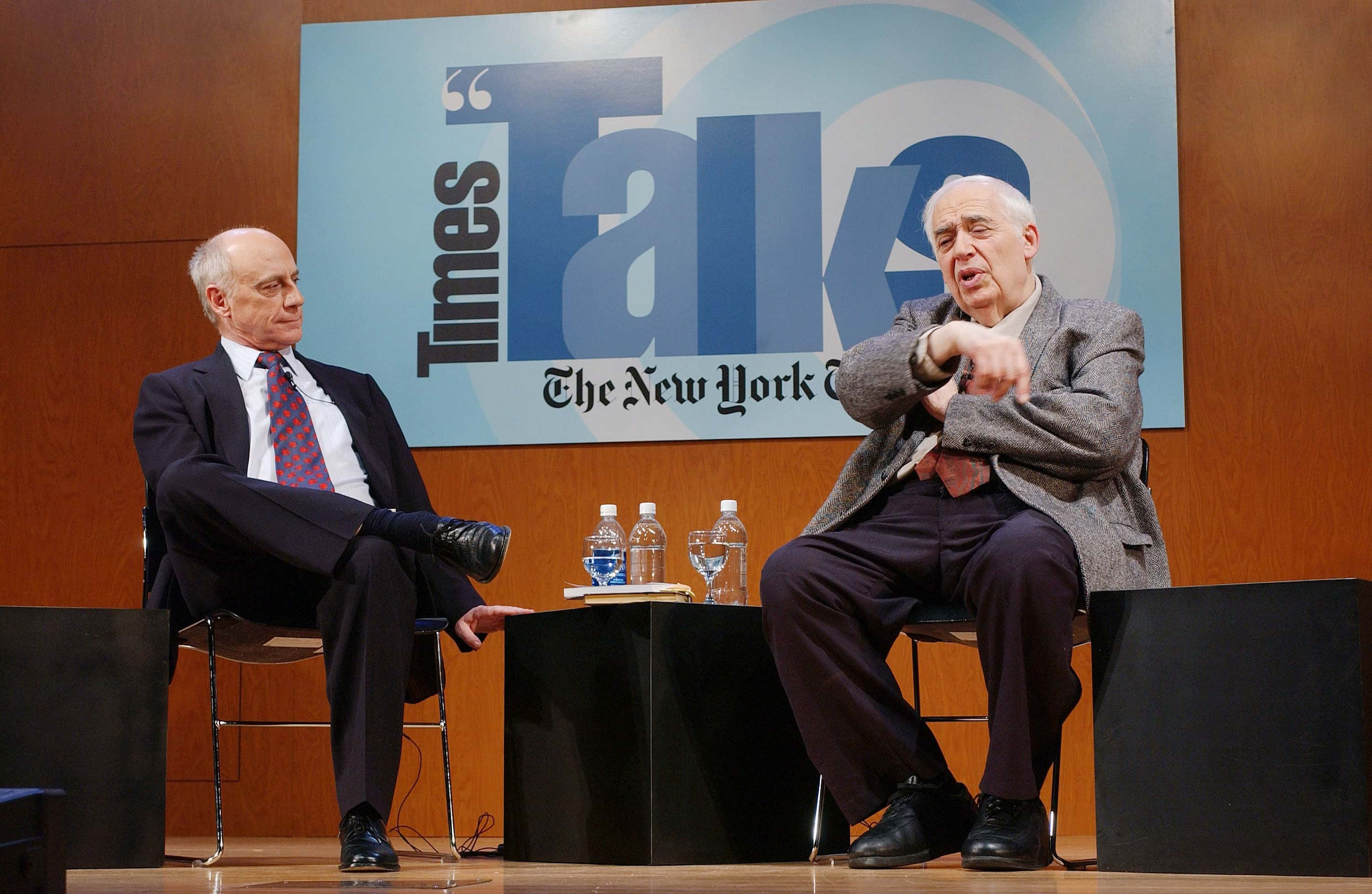 Getty Images
Getty Images
76. He's Got A Really Nice House
He's come a long way since he had to cut off his phone bill. Today, Stephen King is worth somewhere in the neighborhood of $400 million. So, what's he spend all that money on? Turns out, not too much. Surprise surprise, the guy who writes all day every day isn't the most materialistic. His biggest extravagances are his three houses—one in Sarasota, Florida, and two in Maine.
The crown jewel is his gorgeous Victorian in Bangor, Maine. It looks like a house straight out of one of his stories, and we love it.
77. He Owns So Many Books
Like most authors, Stephen King will tell you, "You've got to read if you want to write." So of course, his Bangor house has a massive underground library with over 17,000 books. And before you ask, he’s read them all except for a handful of the newest ones.
78. He Paid For A Ballpark
King is a massive Boston Red Sox fan, but we won't hold it against him. In 1992, King donated money to his town of Bangor so the municipality could build the Mansfield Baseball Stadium. Today, locals affectionately call the ballpark "Stephen King's Field of Screams."
79. He Can't Remember Writing Cujo
If you were to pinpoint the peak of King's addictions, it would probably be somewhere around the time he wrote Cujo. How do we know? Well, he was so messed up at the time, he doesn't even remember writing the book!
80. He Suffered A Traumatic Experience As A Child
Where do all of Stephen King's twisted stories come from? Sure, things from everyday life inspire him, but no one finds the dark and disturbing corners of the human mind like Stephen King. So what makes him so good? Well, some people have guessed it all goes back to the day that Nellie Ruth found her boy Steve at home, white as a sheet and unable to speak.
She pressed him, but he wouldn't say a word. Then, Nellie received a piece of horrible news, and suddenly, everything made sense.
 Biography (TV program), A+E Networks
Biography (TV program), A+E Networks
81. It May Have Influenced His Writing
It turned out that the boy King had been playing with was hit and killed by a freight train that day. King himself has no recollection of the event, so it's impossible to say for sure what he saw, but clearly, something shook him to his core. Though King would probably deny it, many critics have noted that this early trauma may have inspired King's obsession with death and darkness.
82. He Doesn't Talk About It Much
Though King often downplays the significance of this early trauma, the event was notably absent from his memoir, On Writing, which covered all the major events of his childhood.
 Getty Images
Getty Images
83. His Inspiration Comes From Anywhere
It doesn't take much to send Stephen King's mind to dark places. Sometimes, nothing more than a simple covered bridge will do it. Walking across such a bridge one day made King think of the Three Billy Goats Gruff, and the monster that tormented them. He wondered what that story would look like in real life. The goats became children. The bridge became a sewer system. And the troll, well...
Kids weren't afraid of trolls anymore, King figured. They were scared of clowns.
84. A Bridge Inspired It
King's meditation on Three Billy Goats Gruff eventually became his legendary novel It. King ended up making it a story about the loss of childhood innocence, and it became a huge hit. It eventually spawned an HBO miniseries and two subsequent films—but all the adaptations decided to omit one truly disturbing scene.
85. It Has One Scene Most People Don't Know About
It is, like we said, about the loss of childhood innocence. The way King sees it, the thing that makes actual children lose their innocence is sex. Once you've gone through that door, there's no going back. At least, that's the idea. But in one of the most questionable moves of his career, King decided to interpret this in It by having the entire Loser's Club, a group of preteens...have an orgy.
Seriously. In the novel It, Bill, Ben, Richie, Stanley, Mike, Eddie, and Beverley escape Pennywise's maze of sewers by, for lack of a better term, banging. Not really surprised that didn't make the movies.

